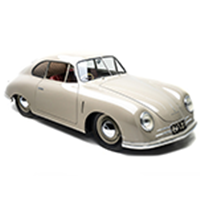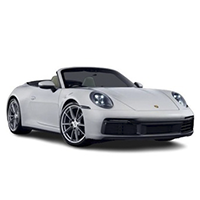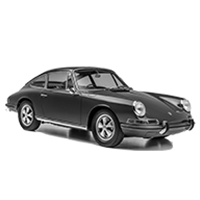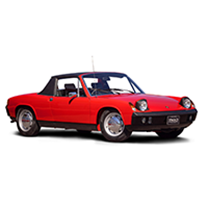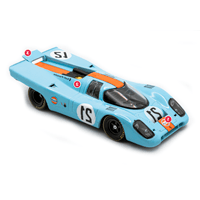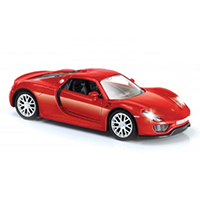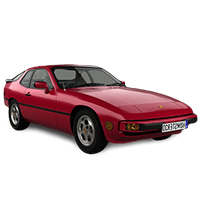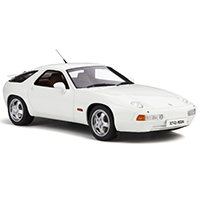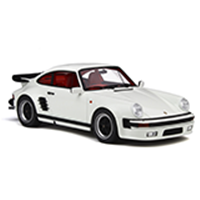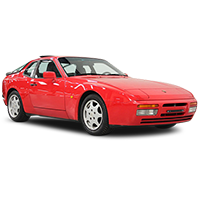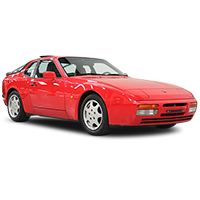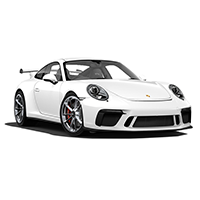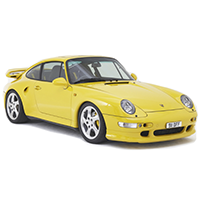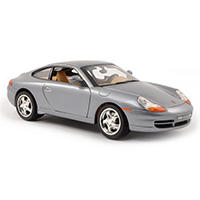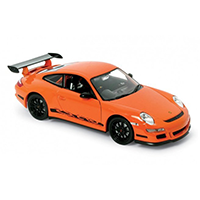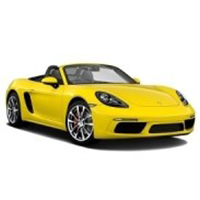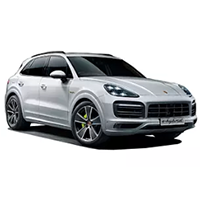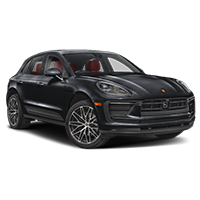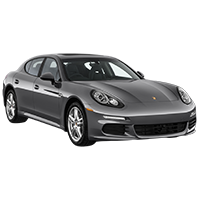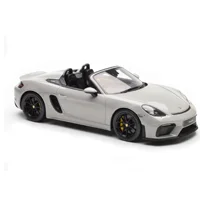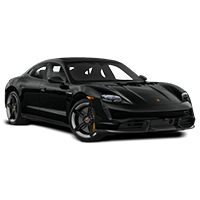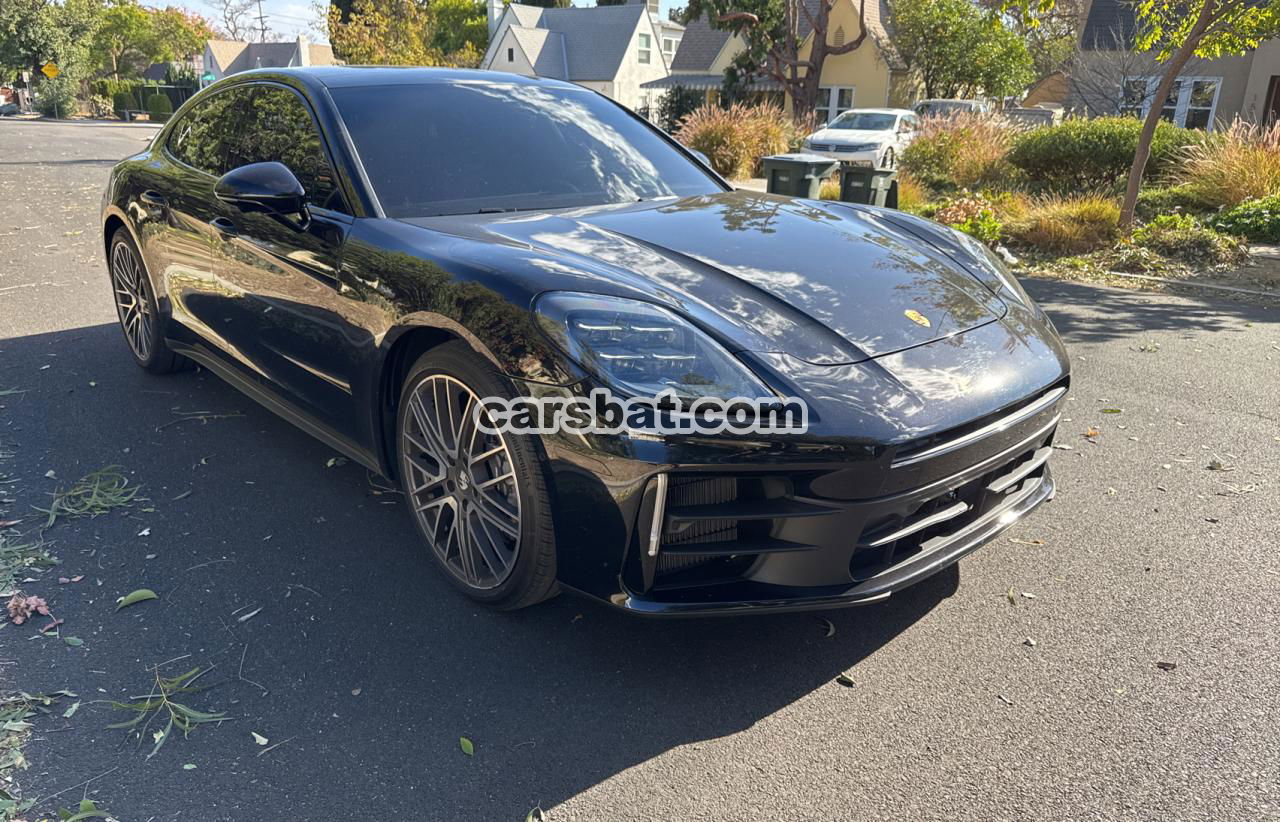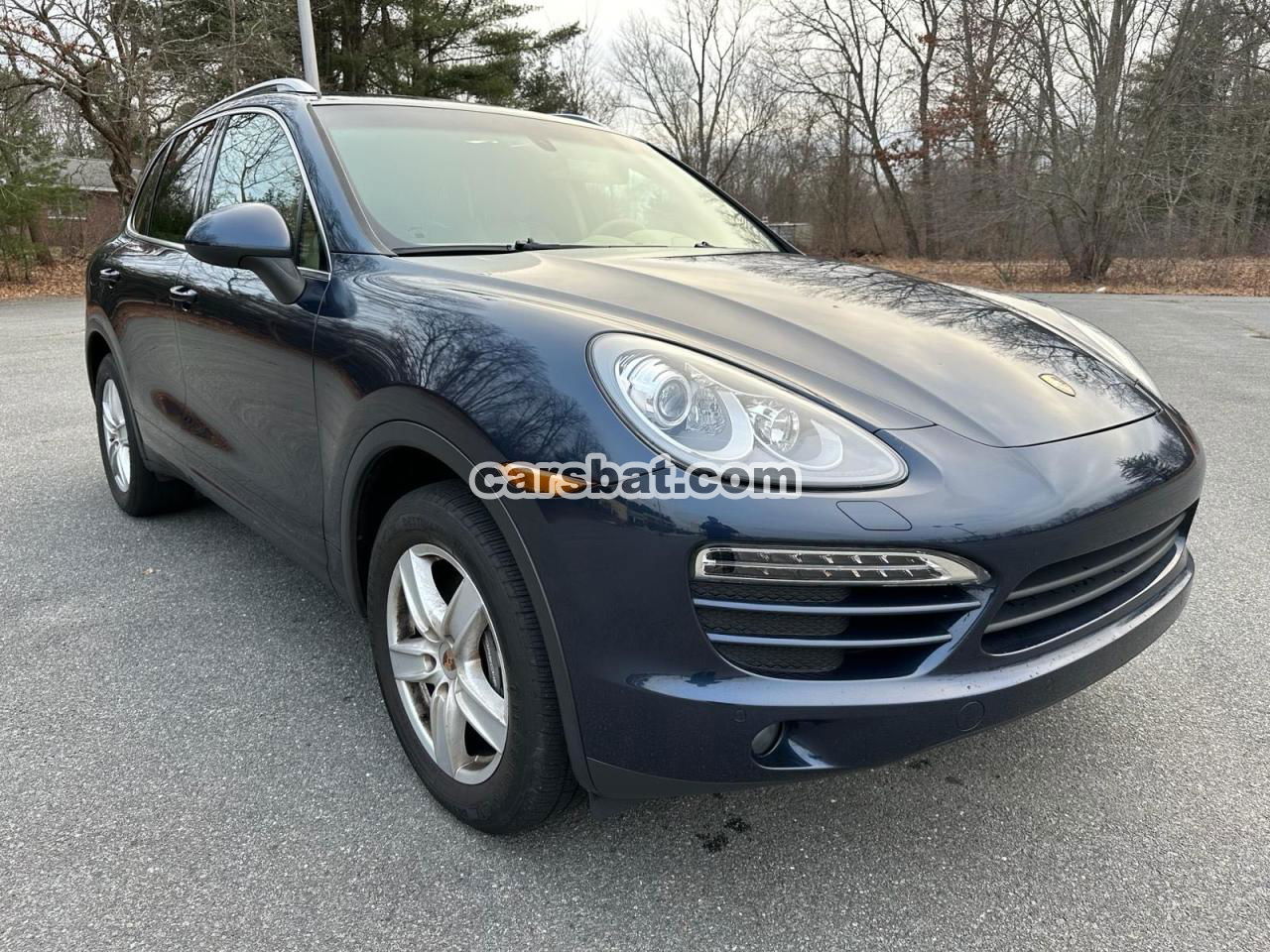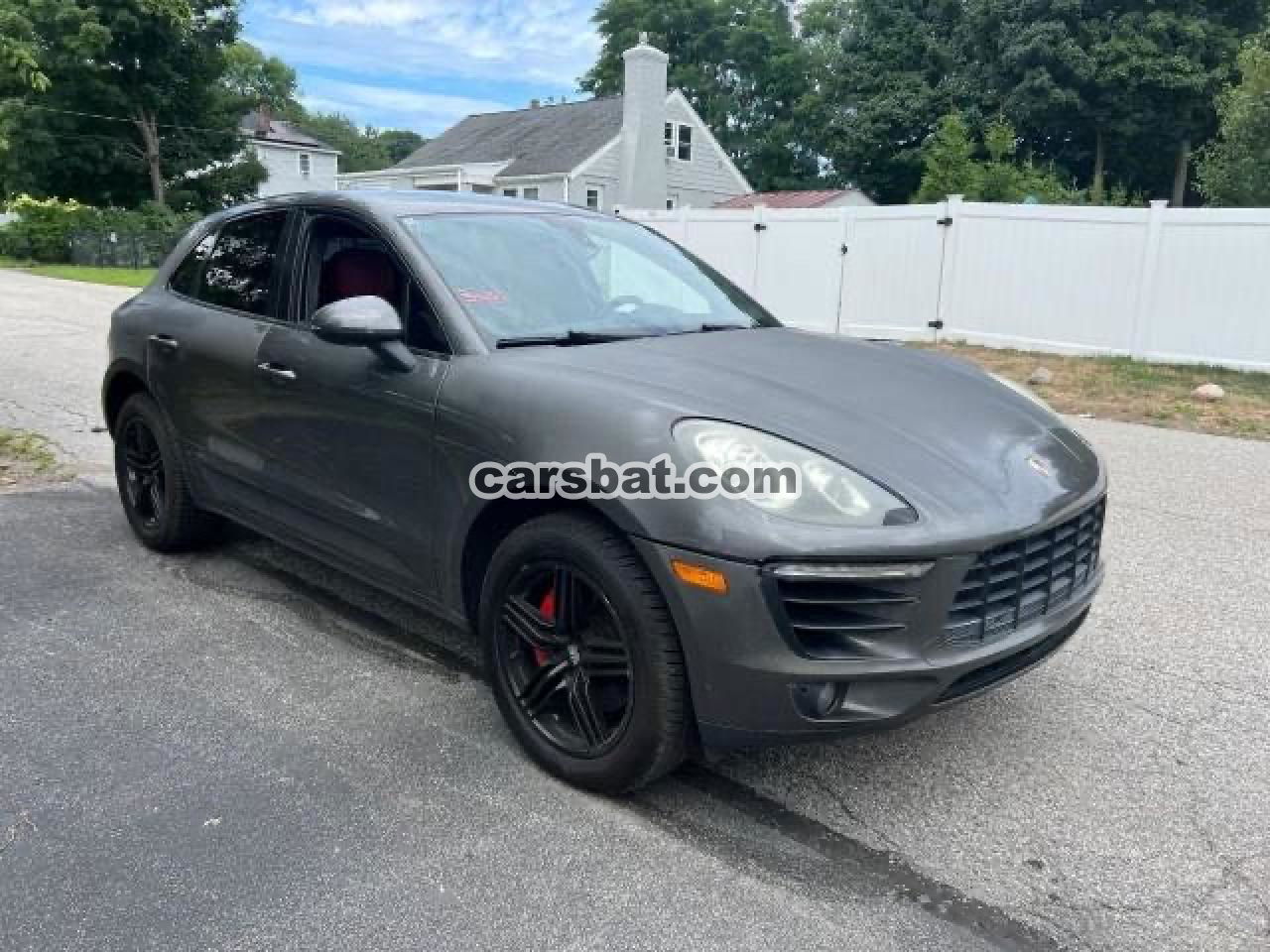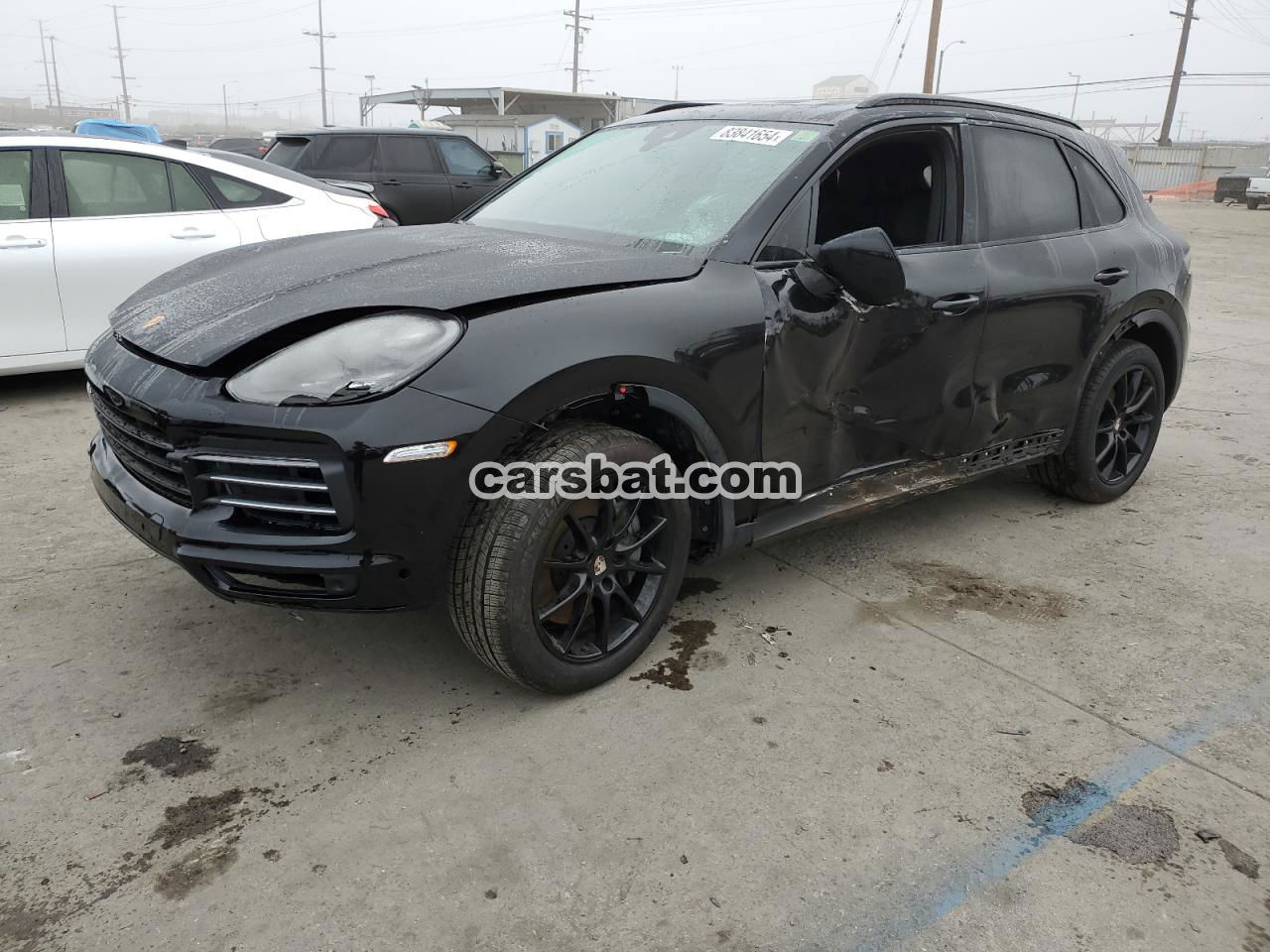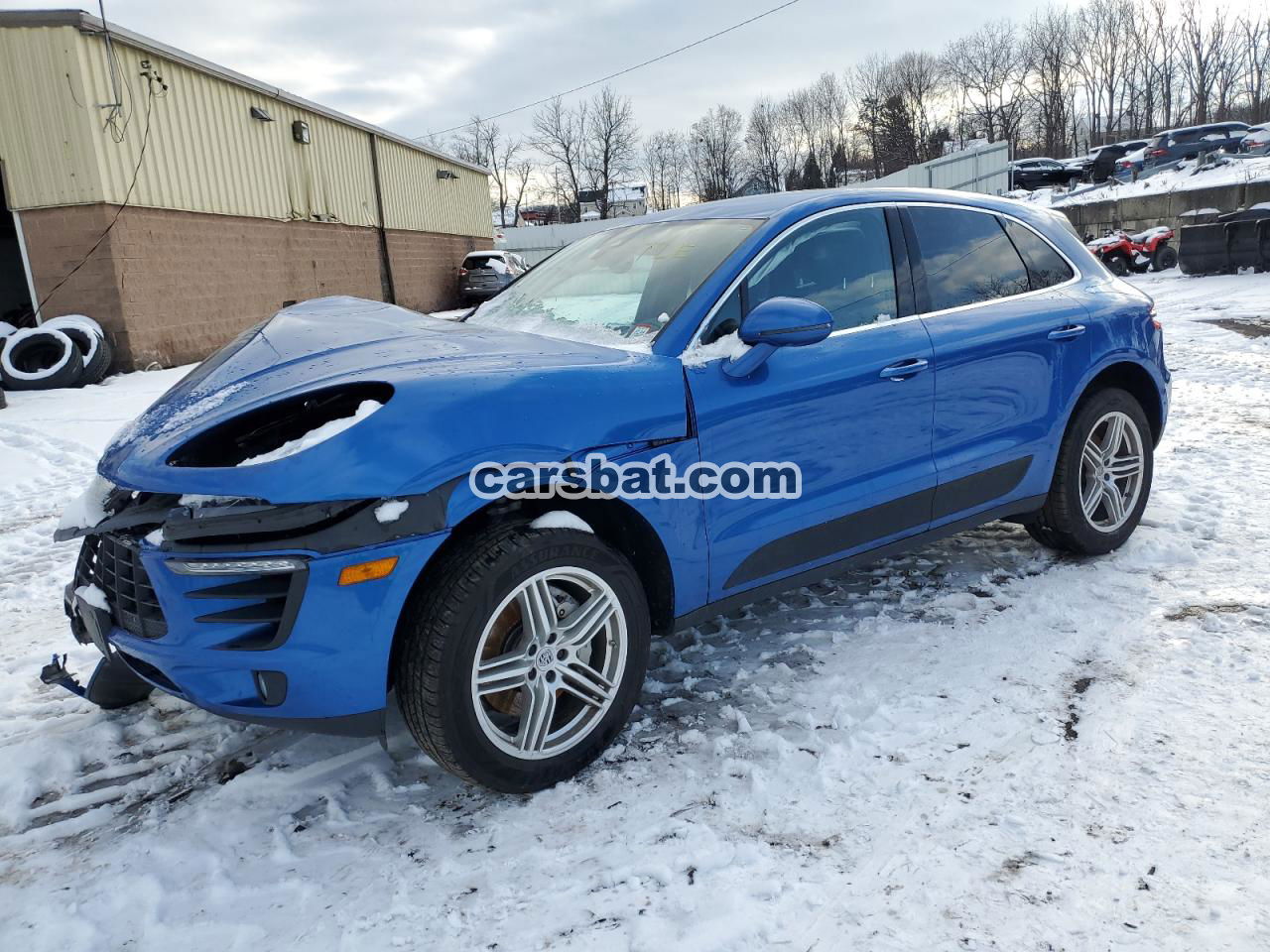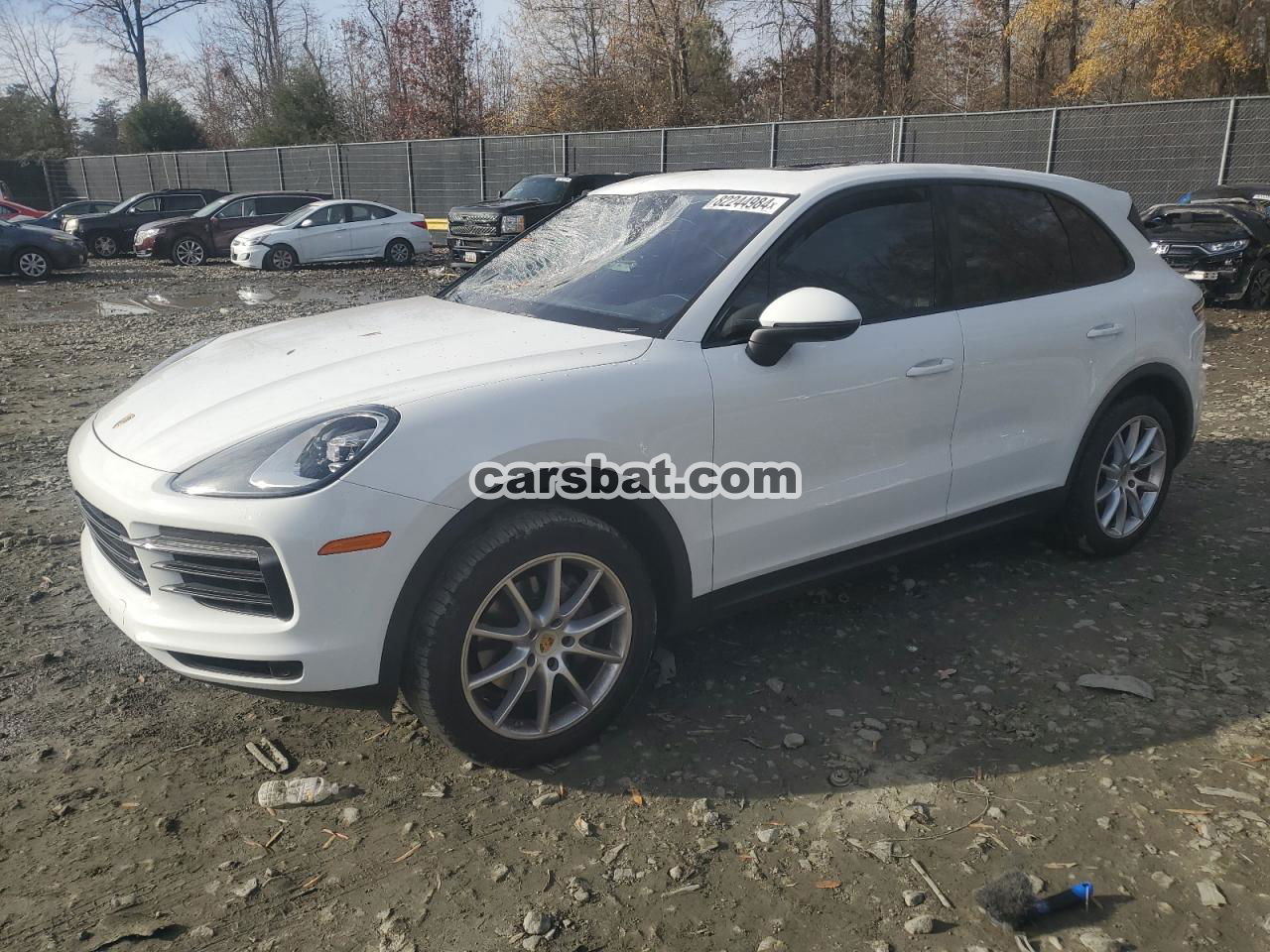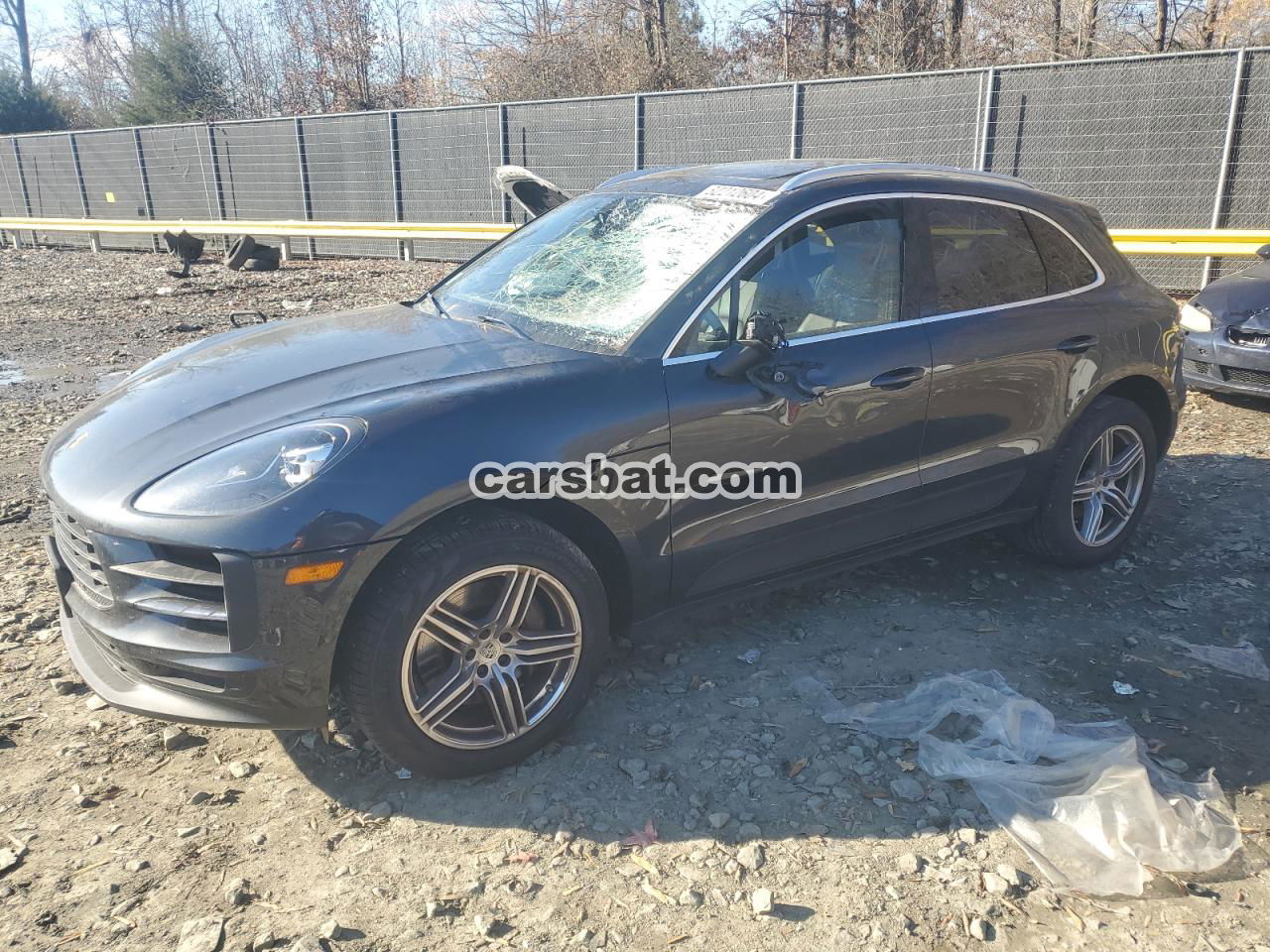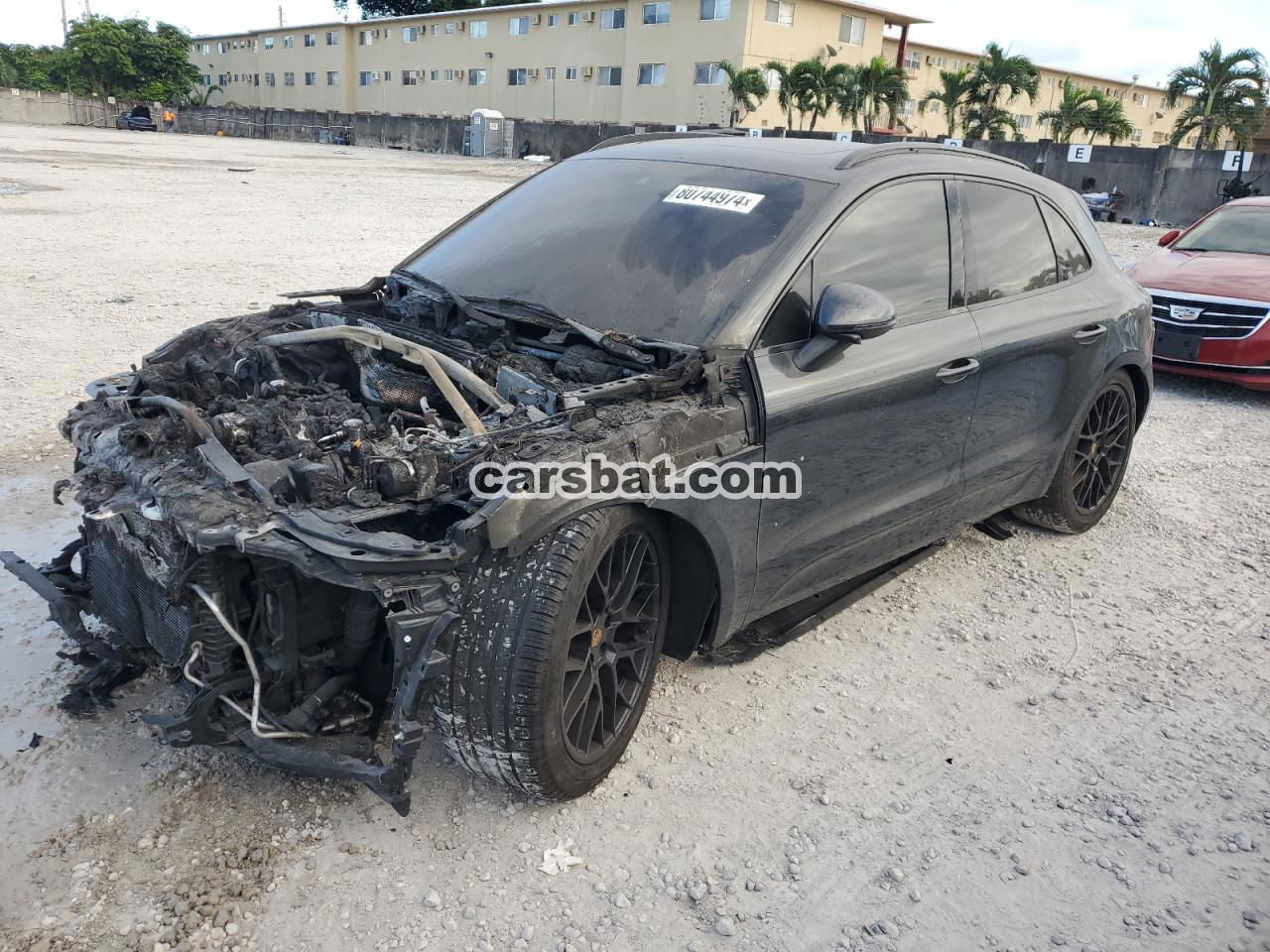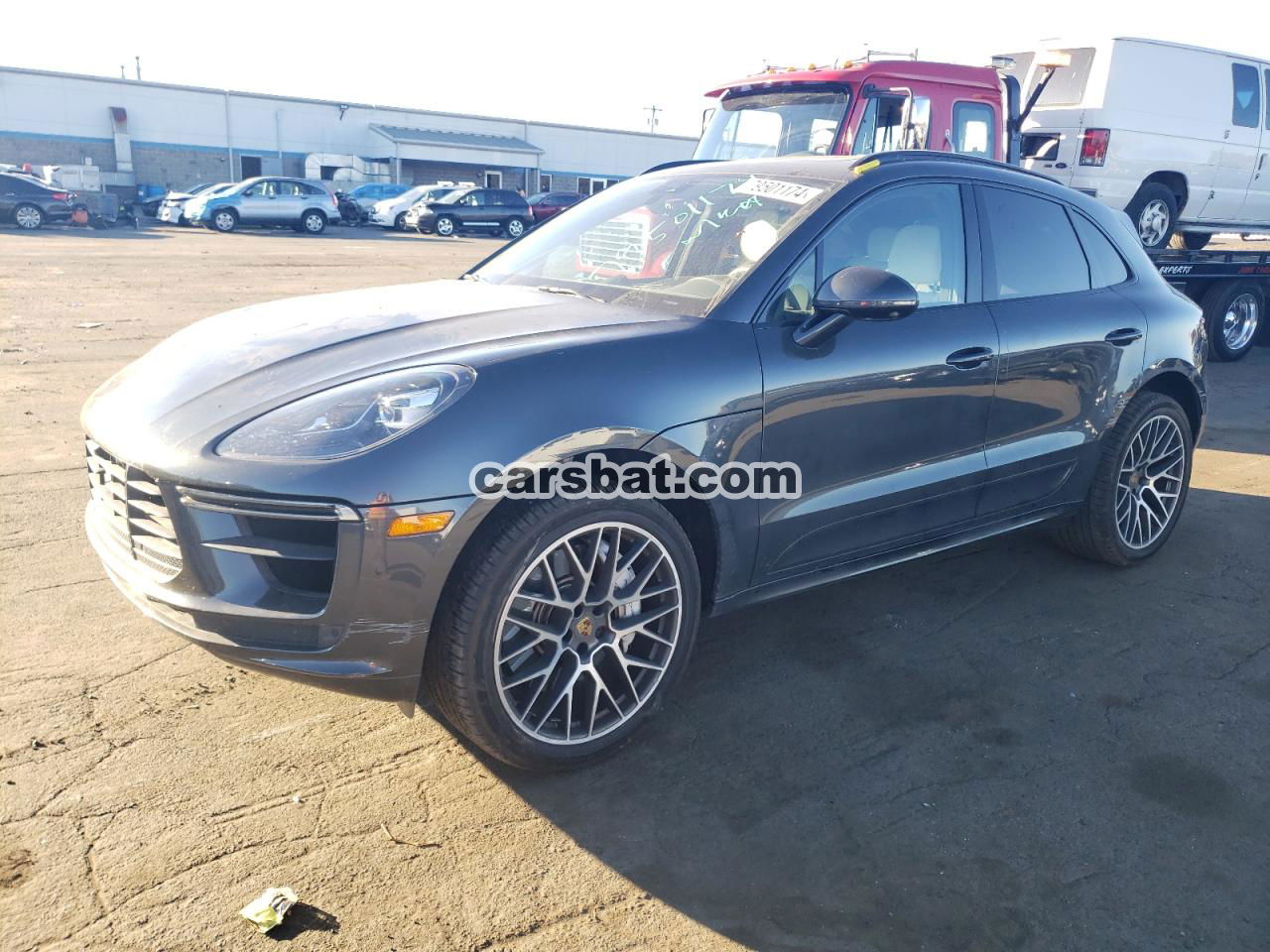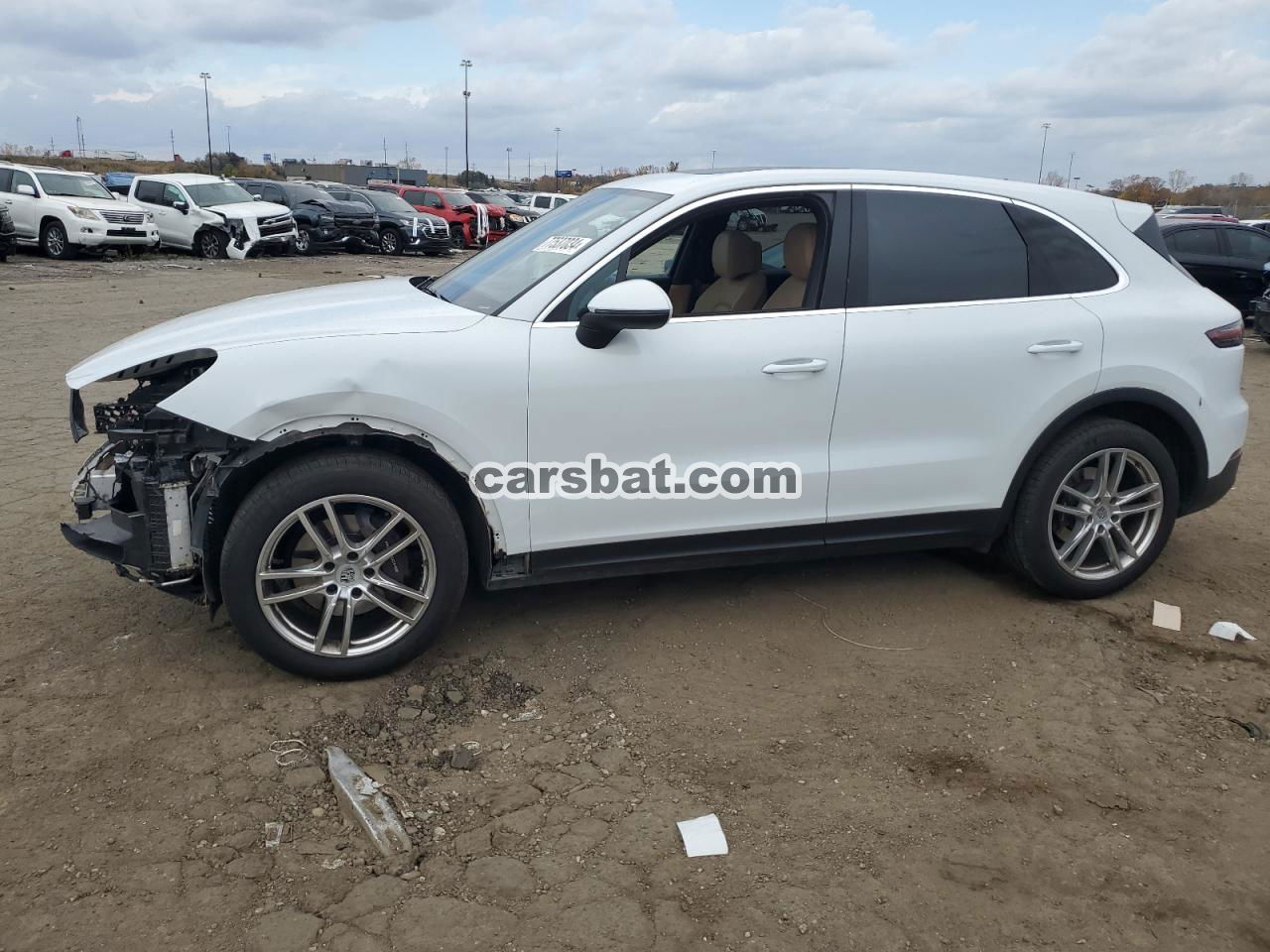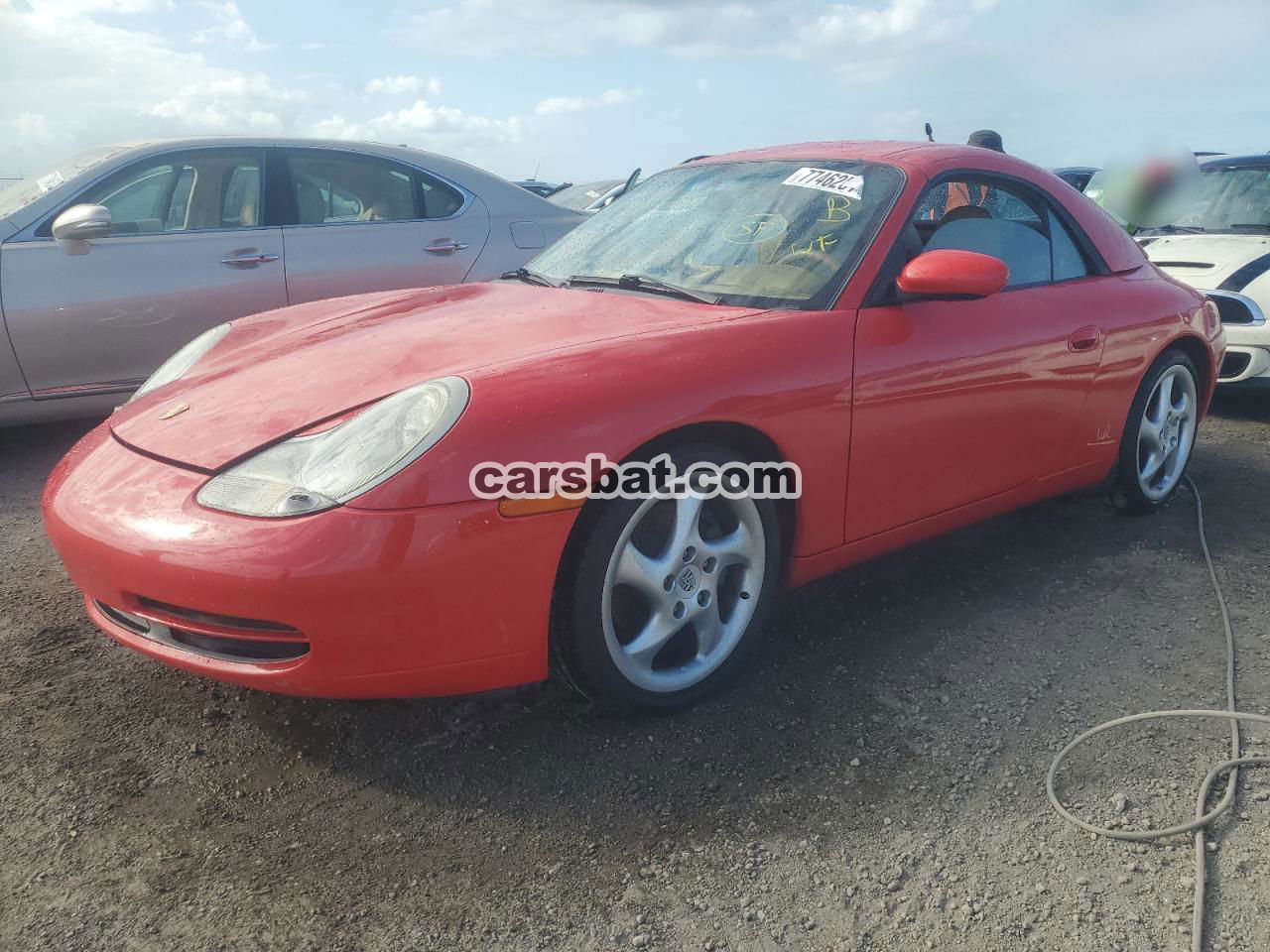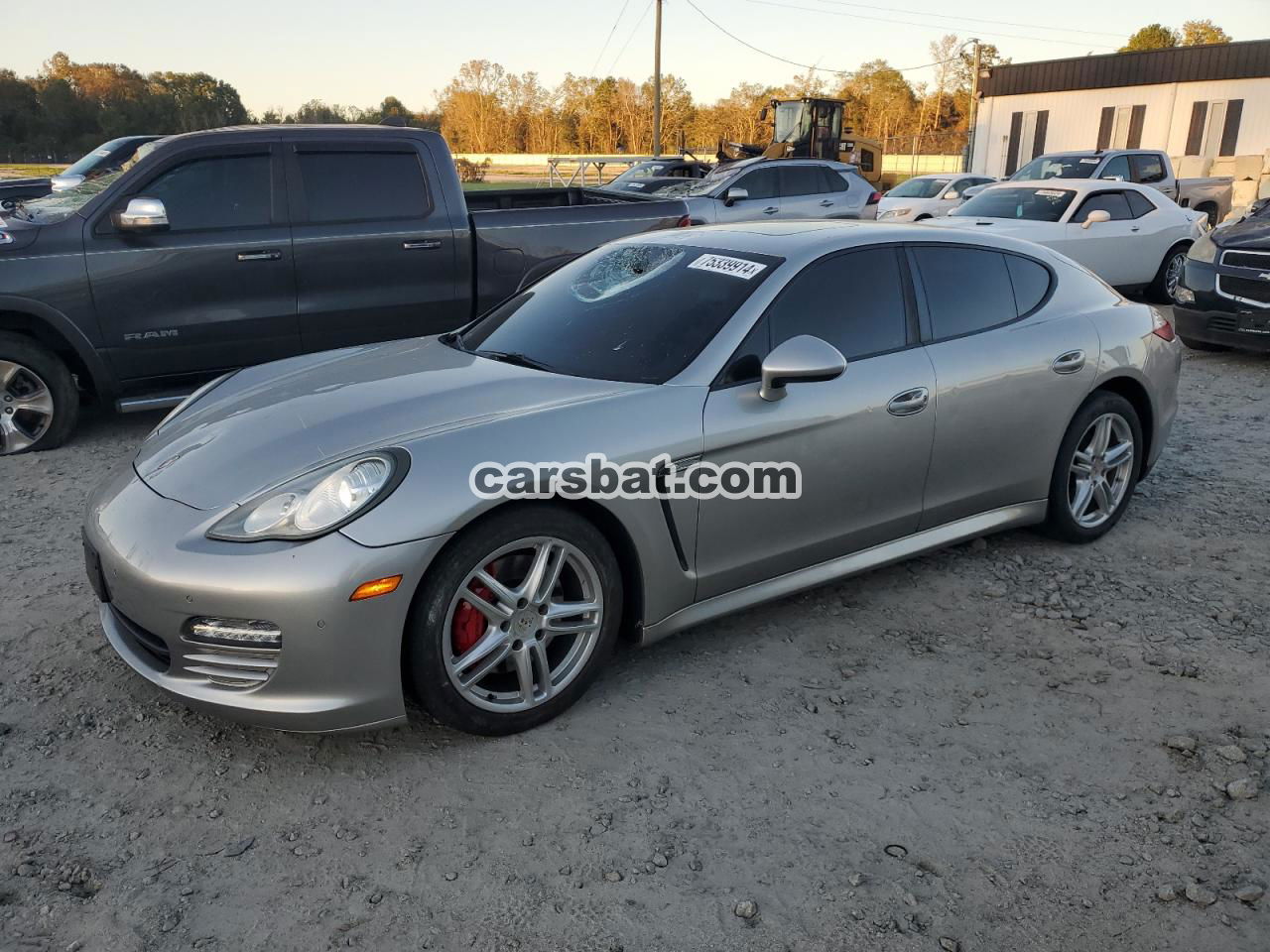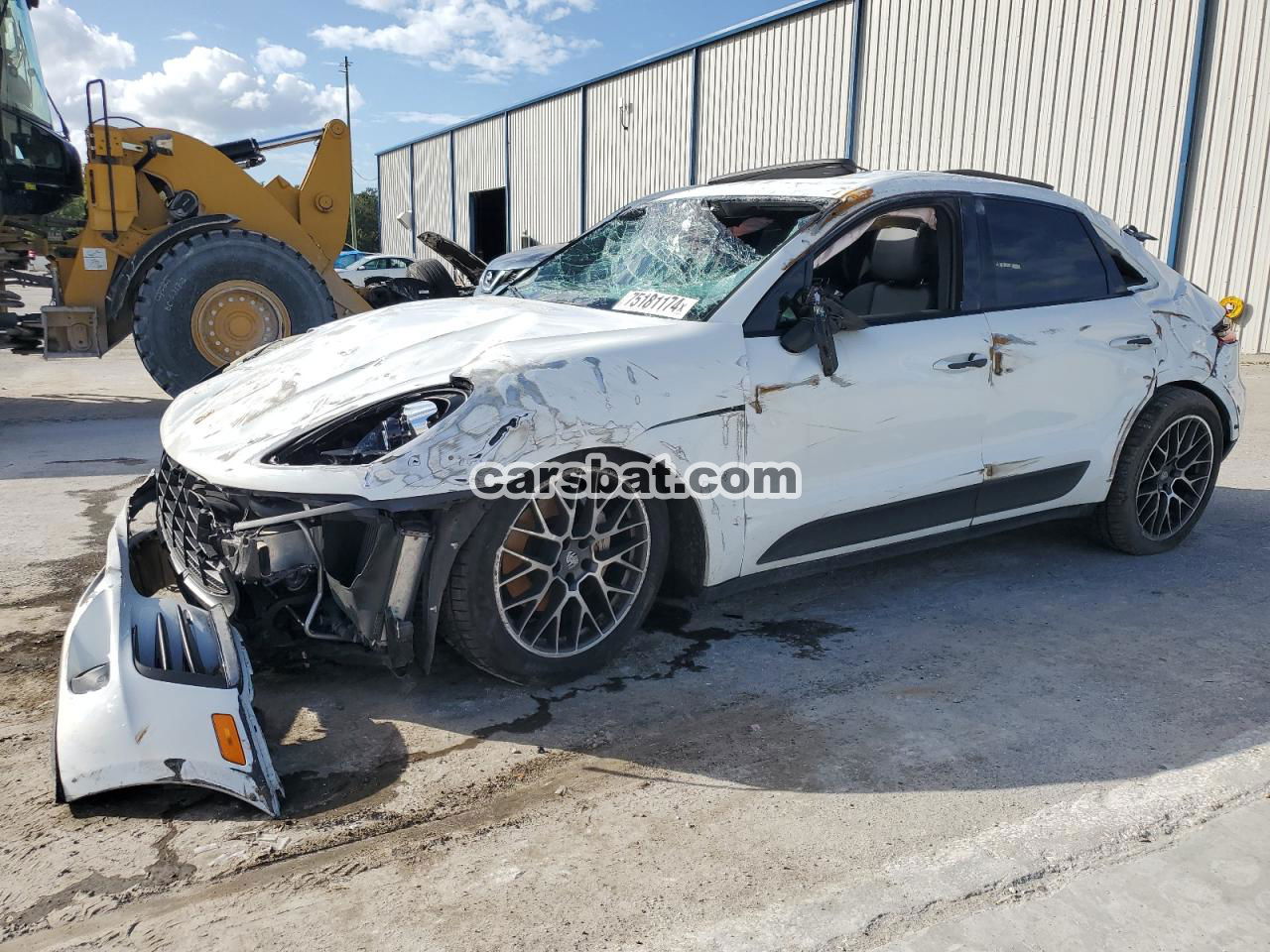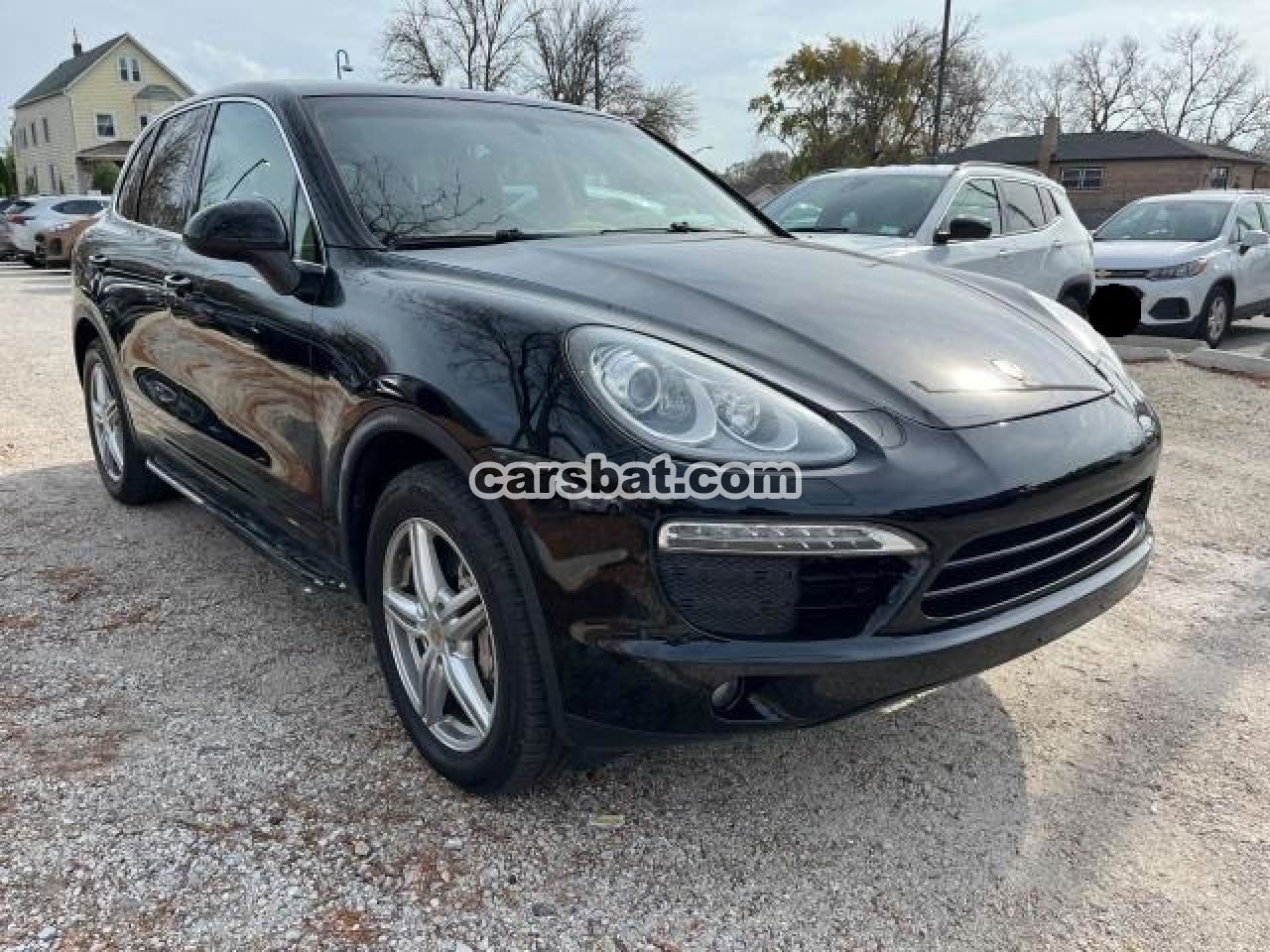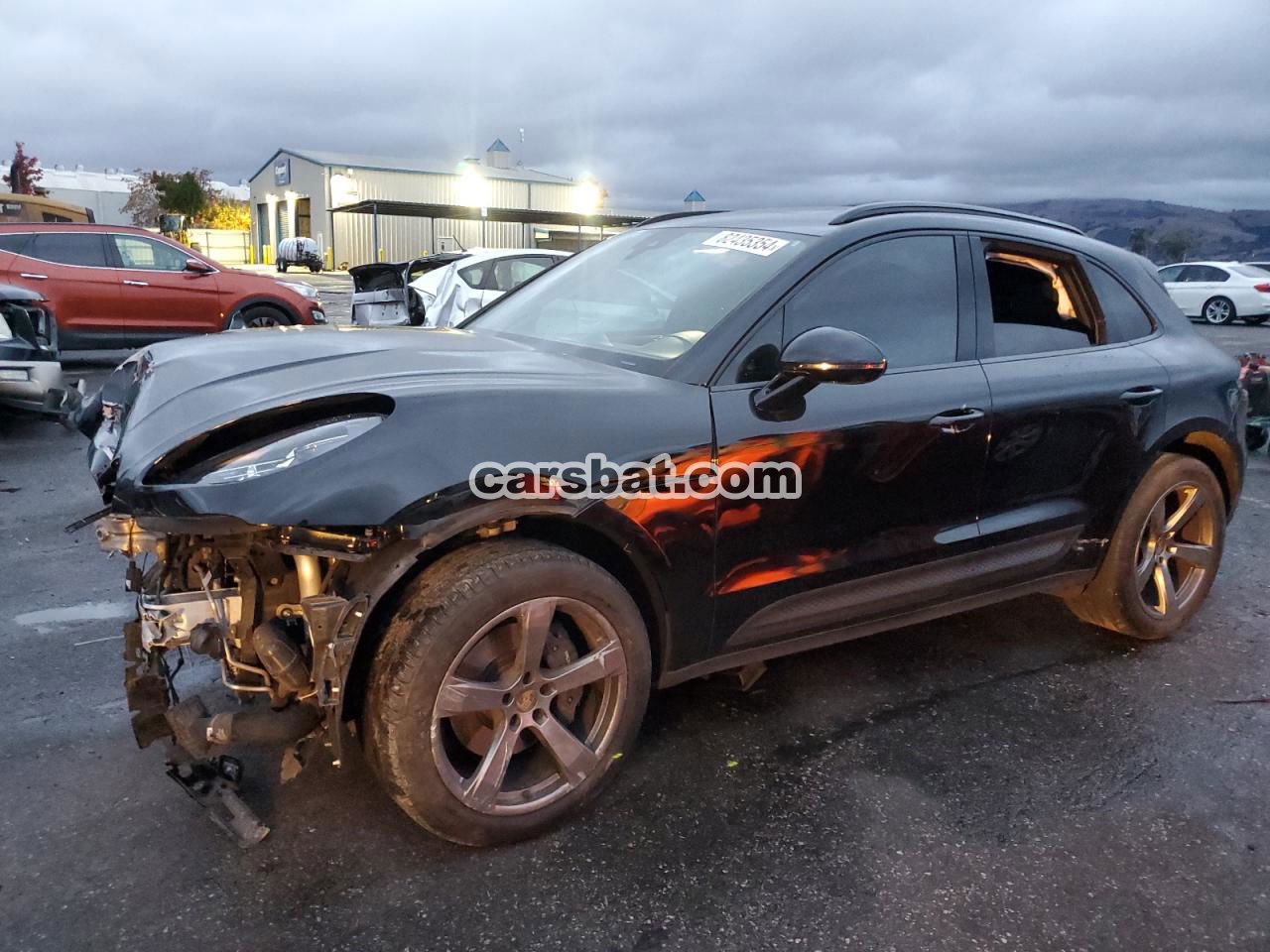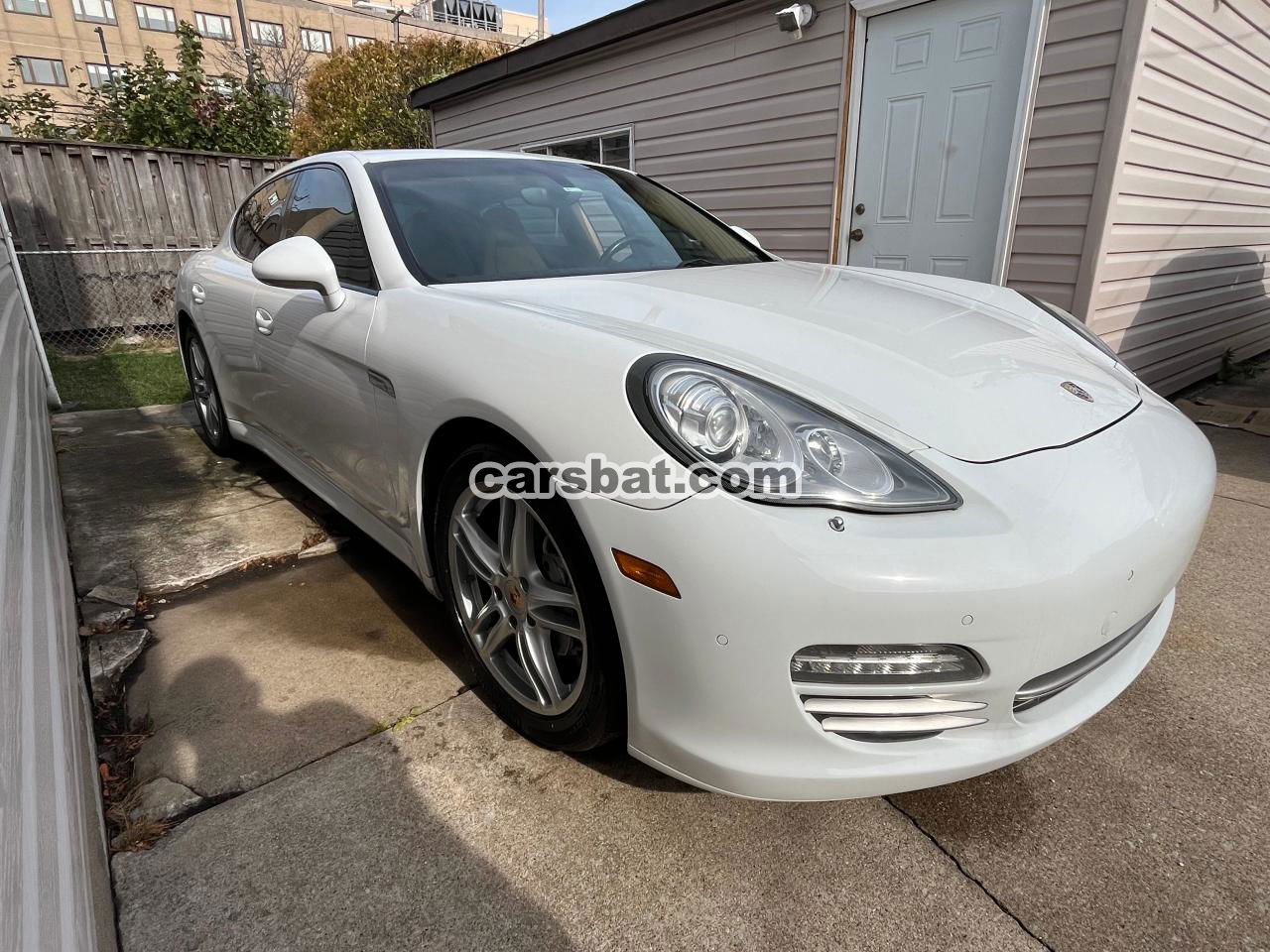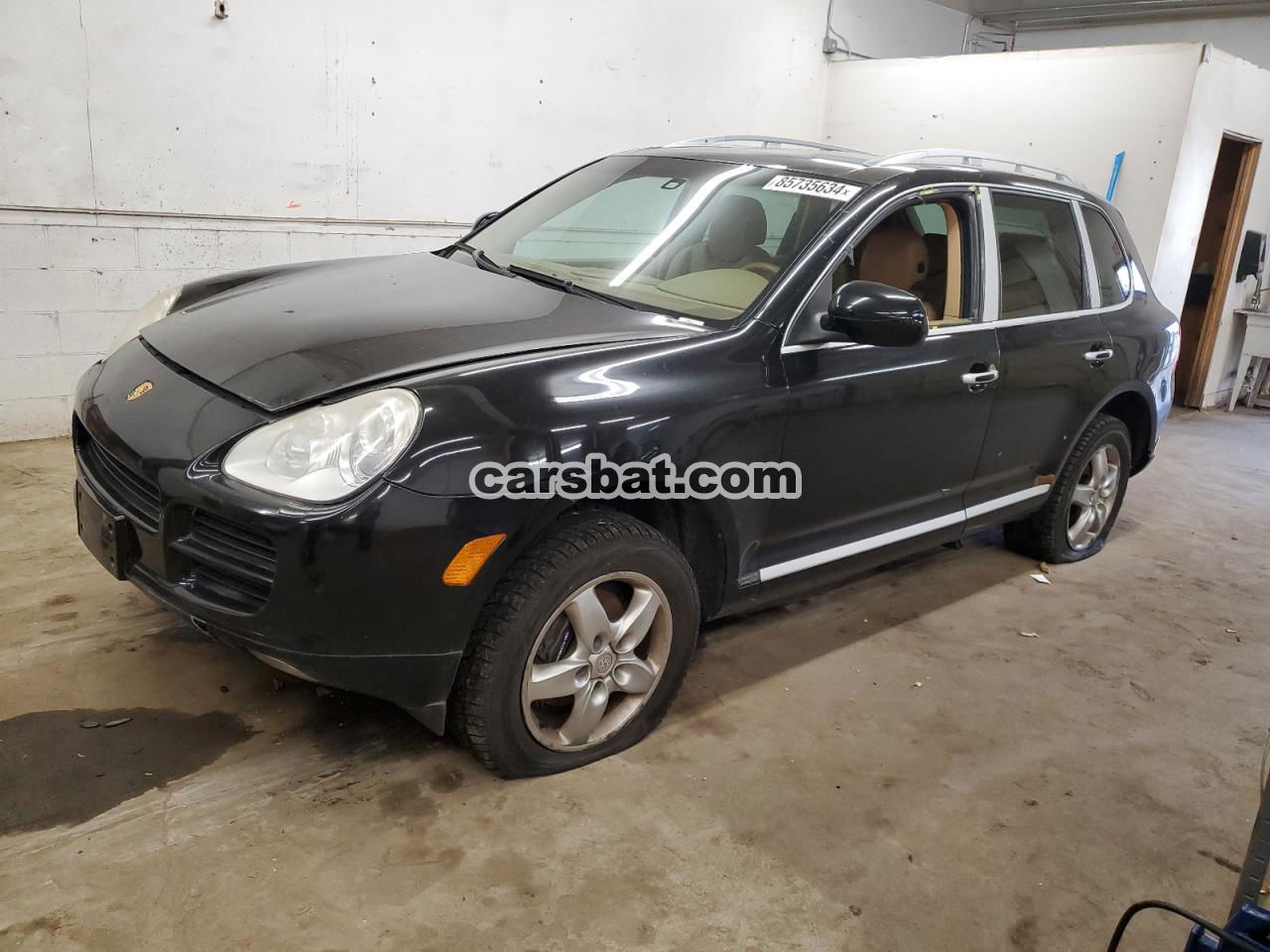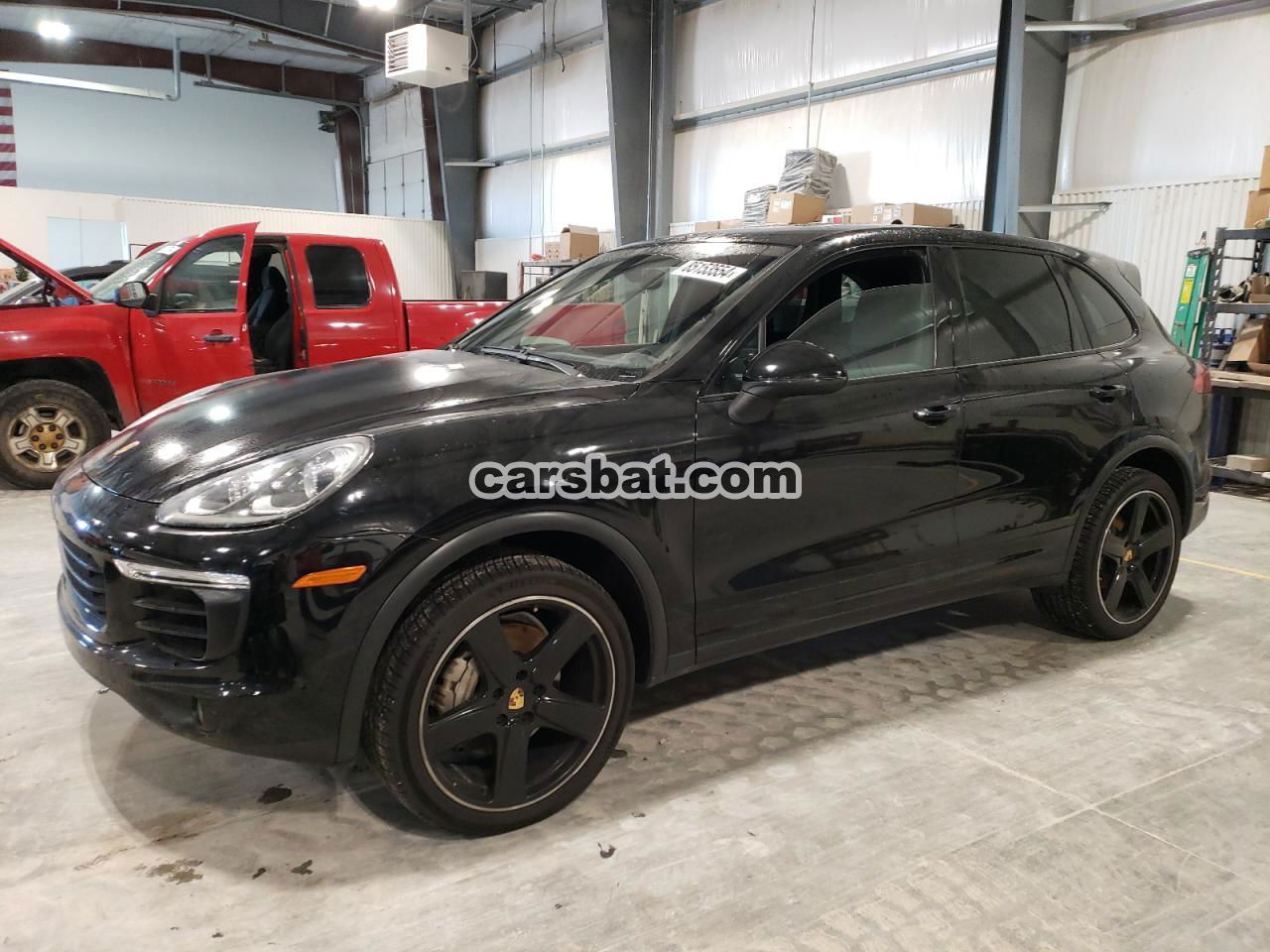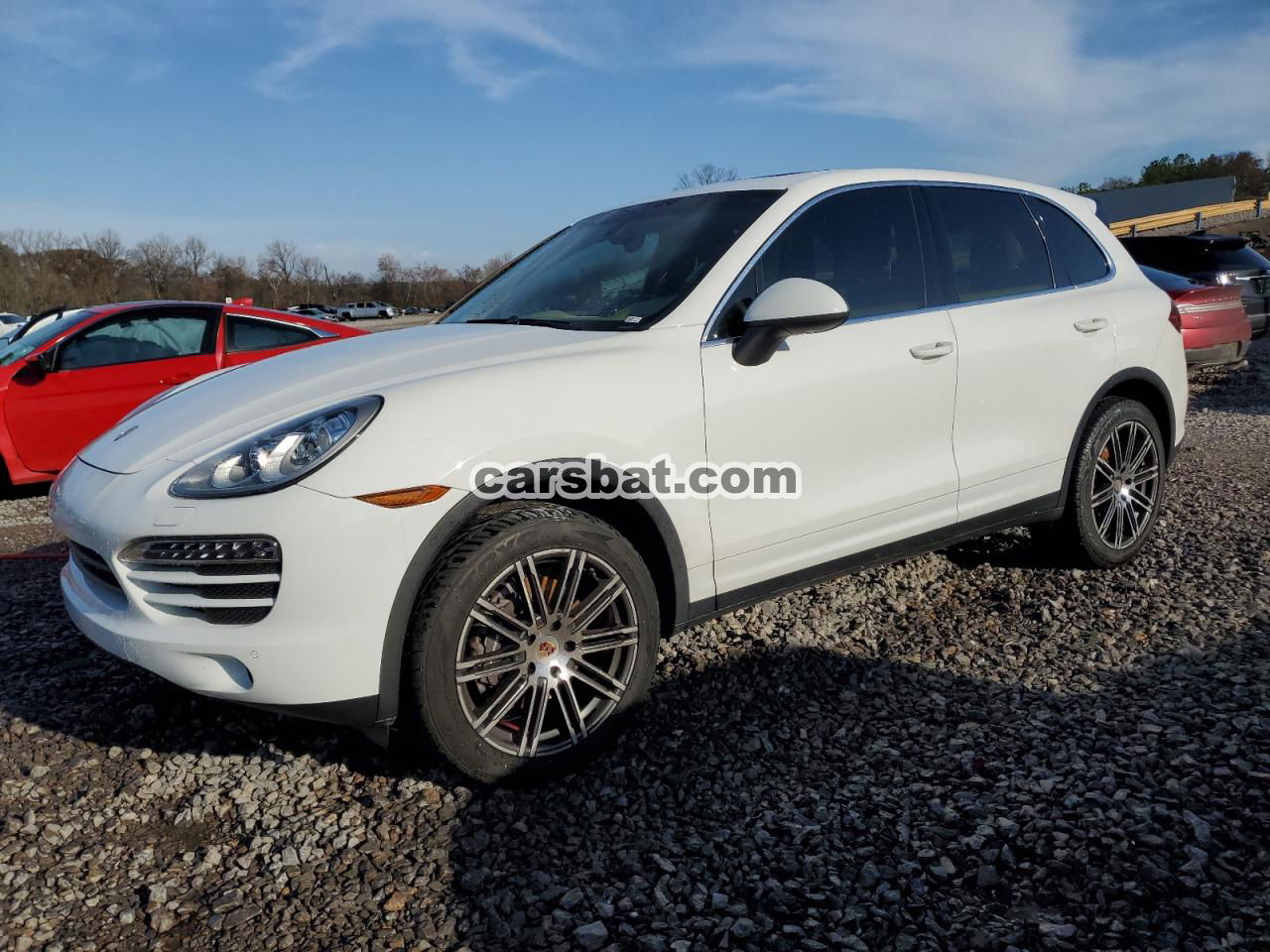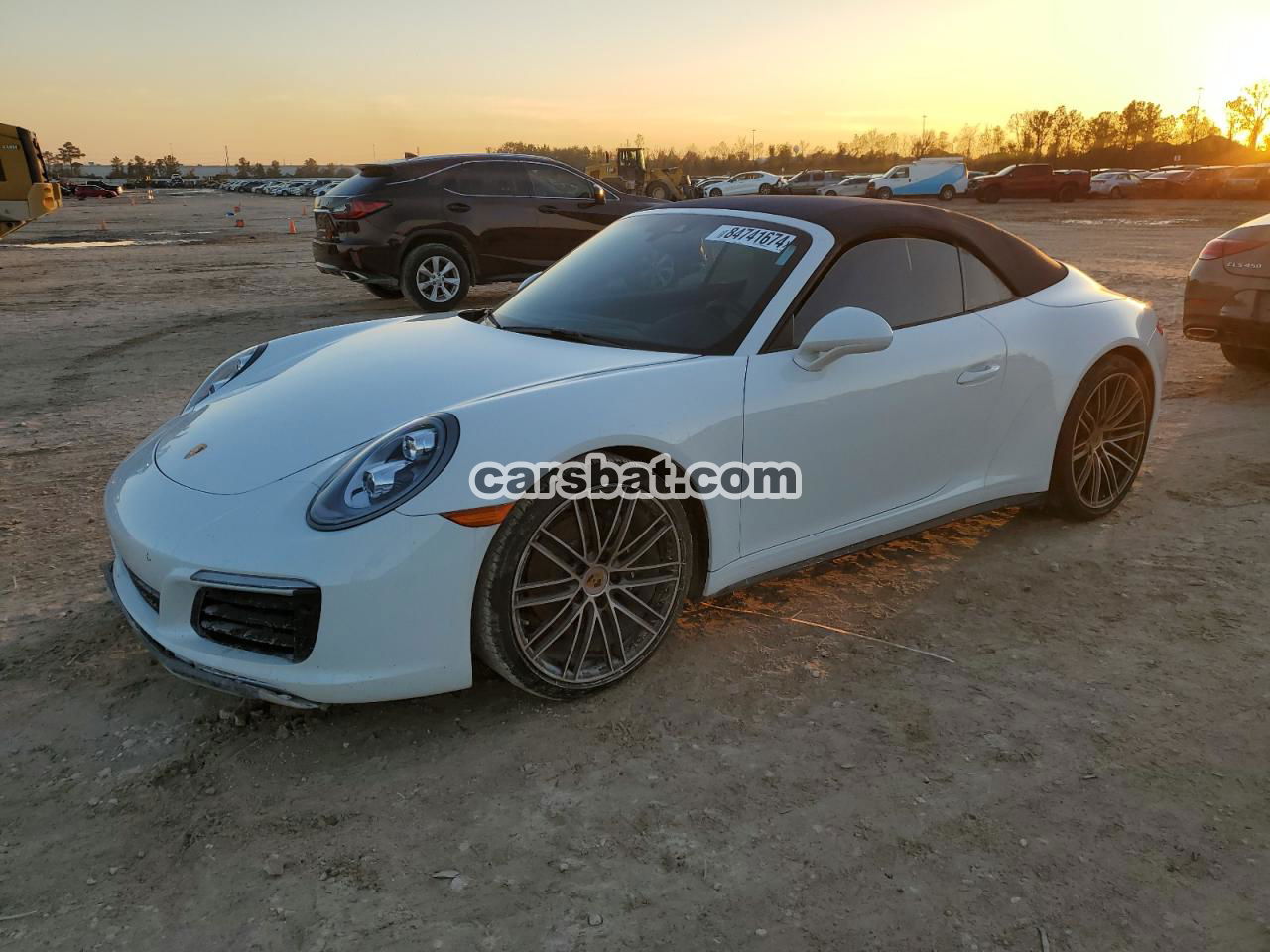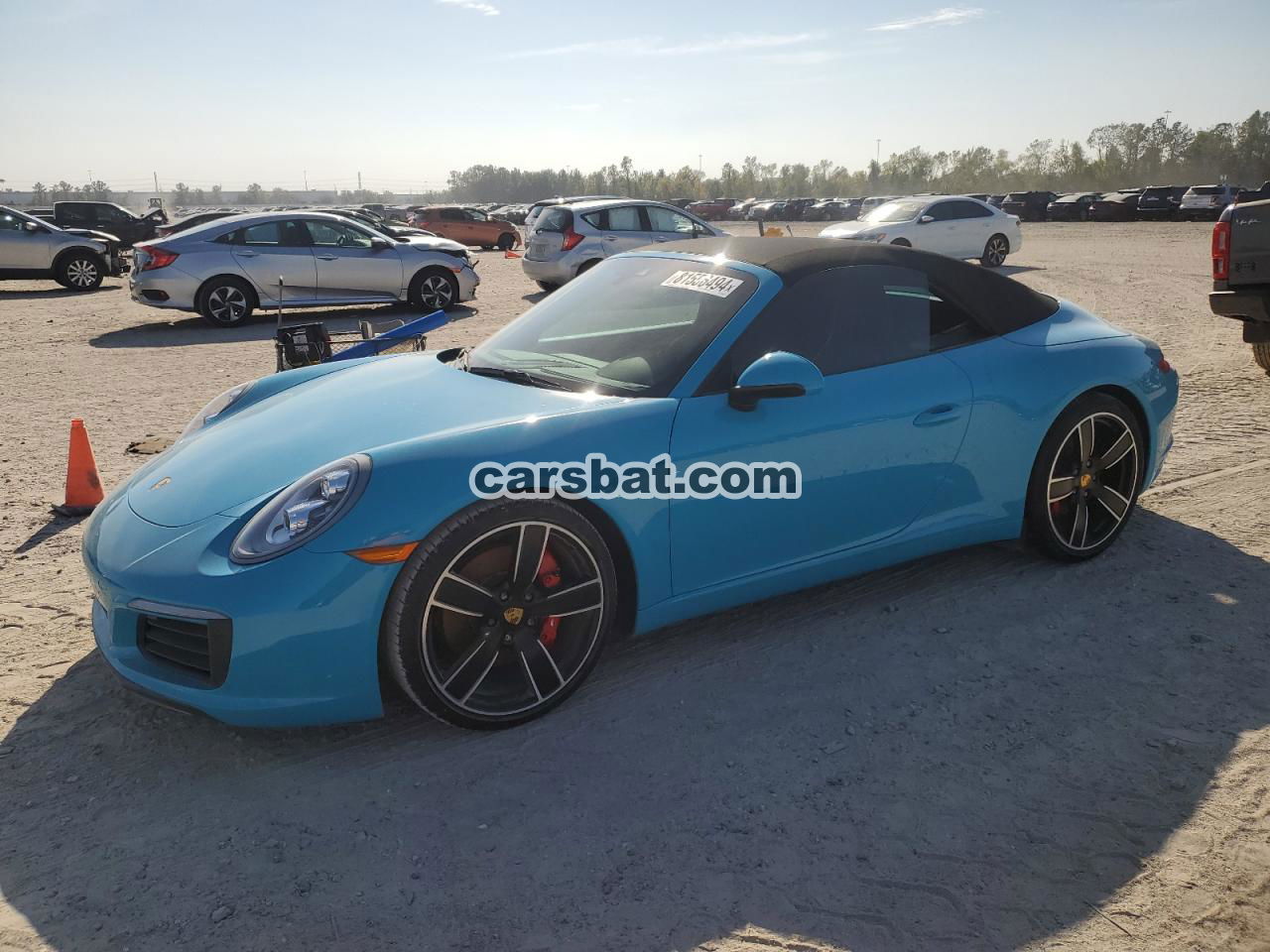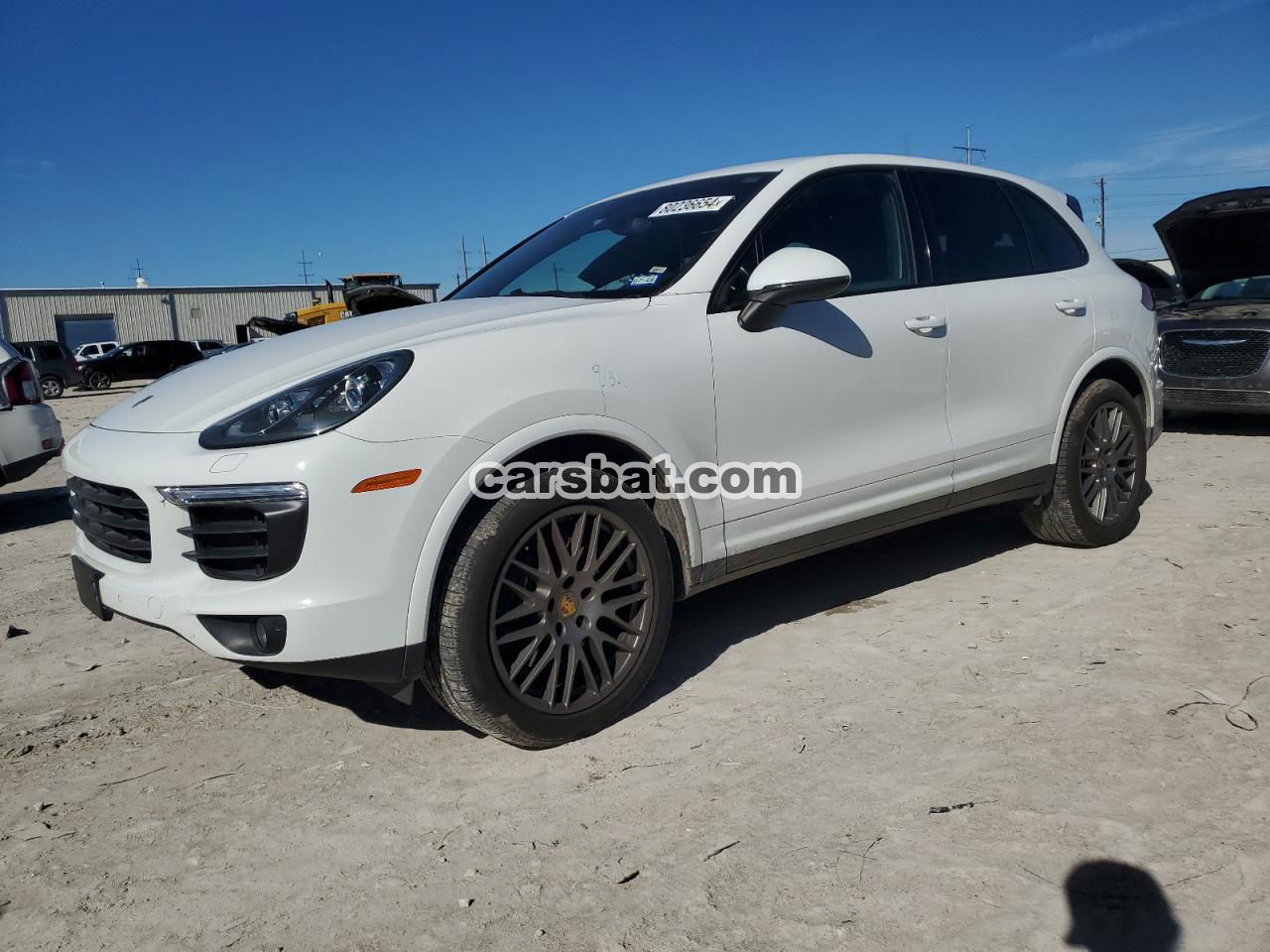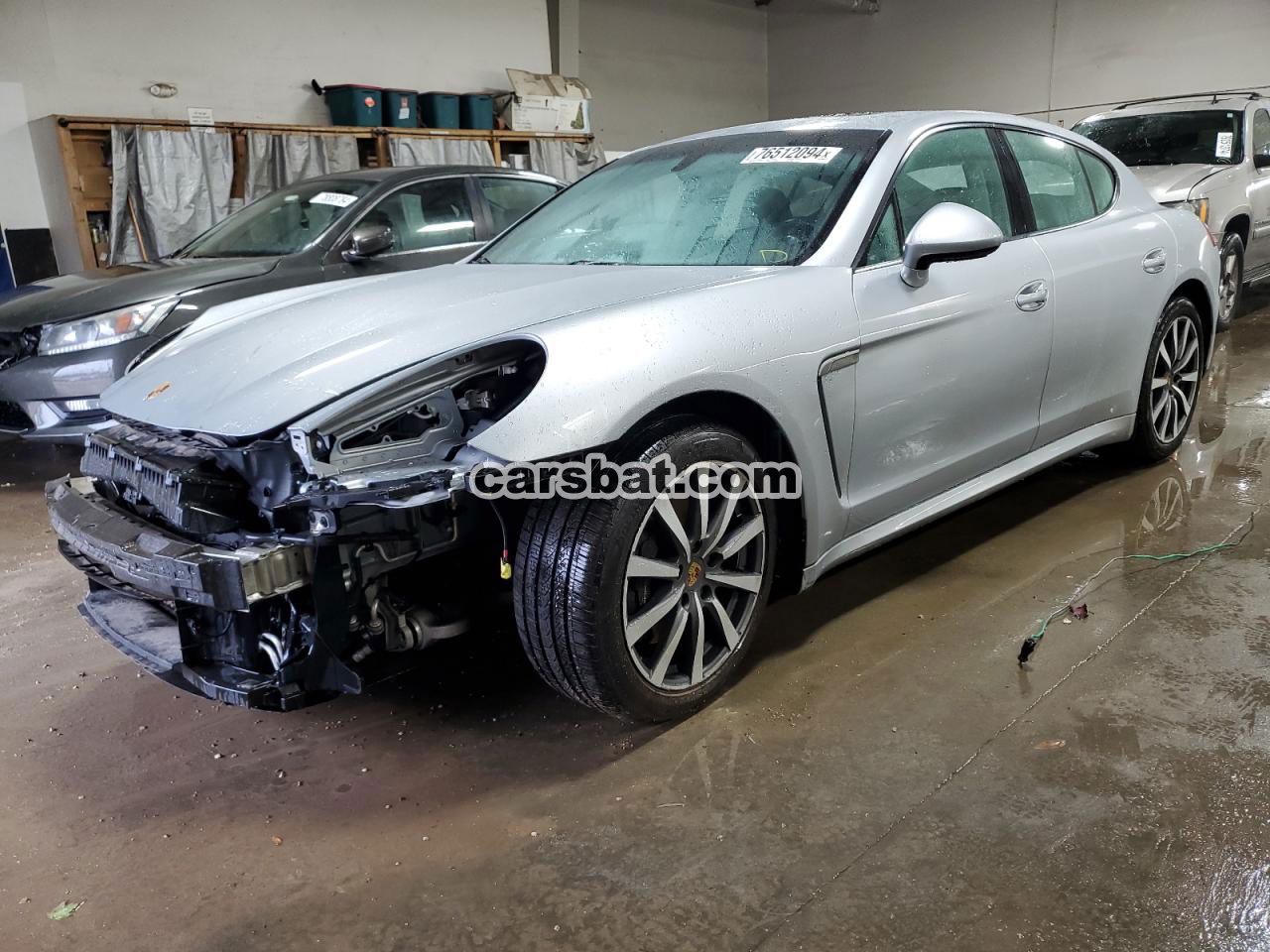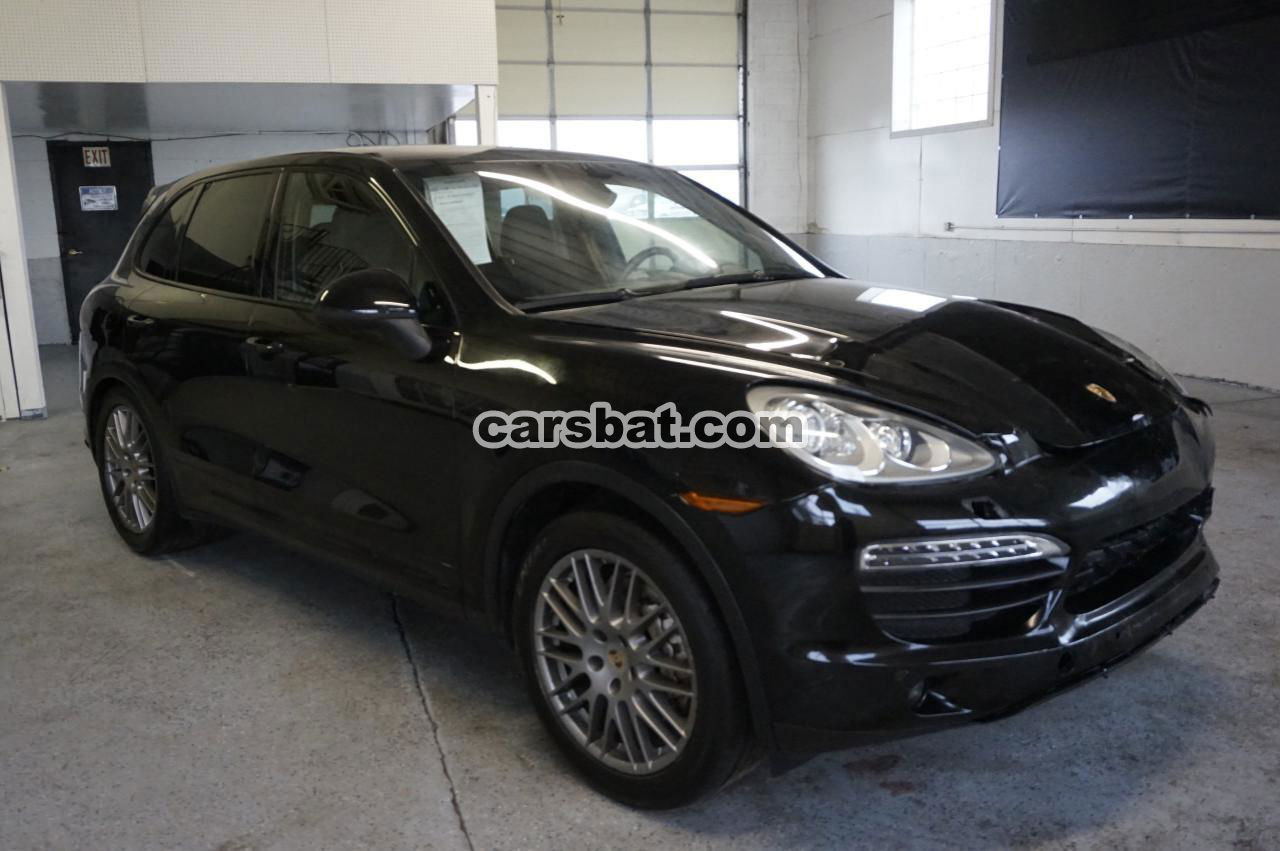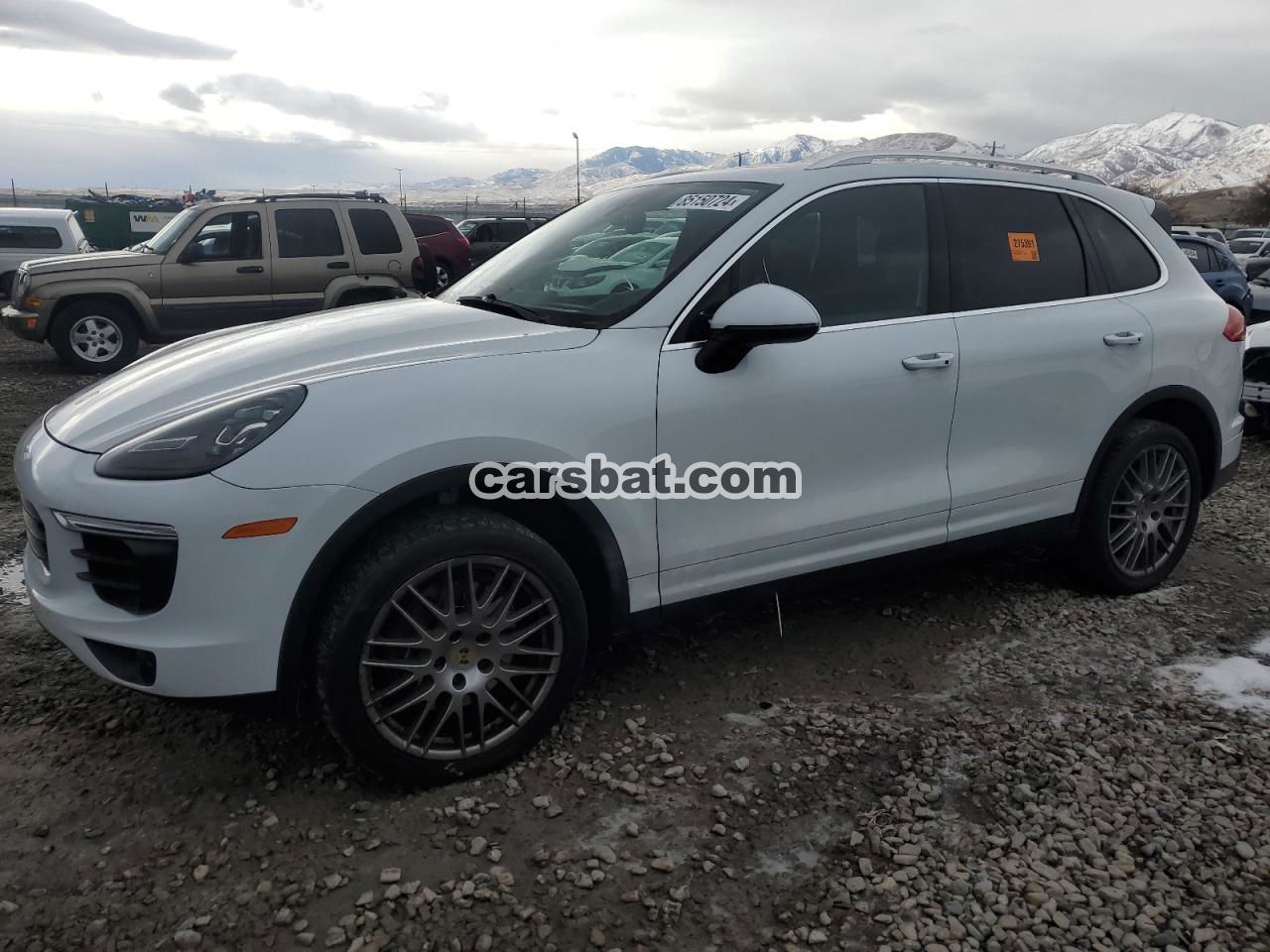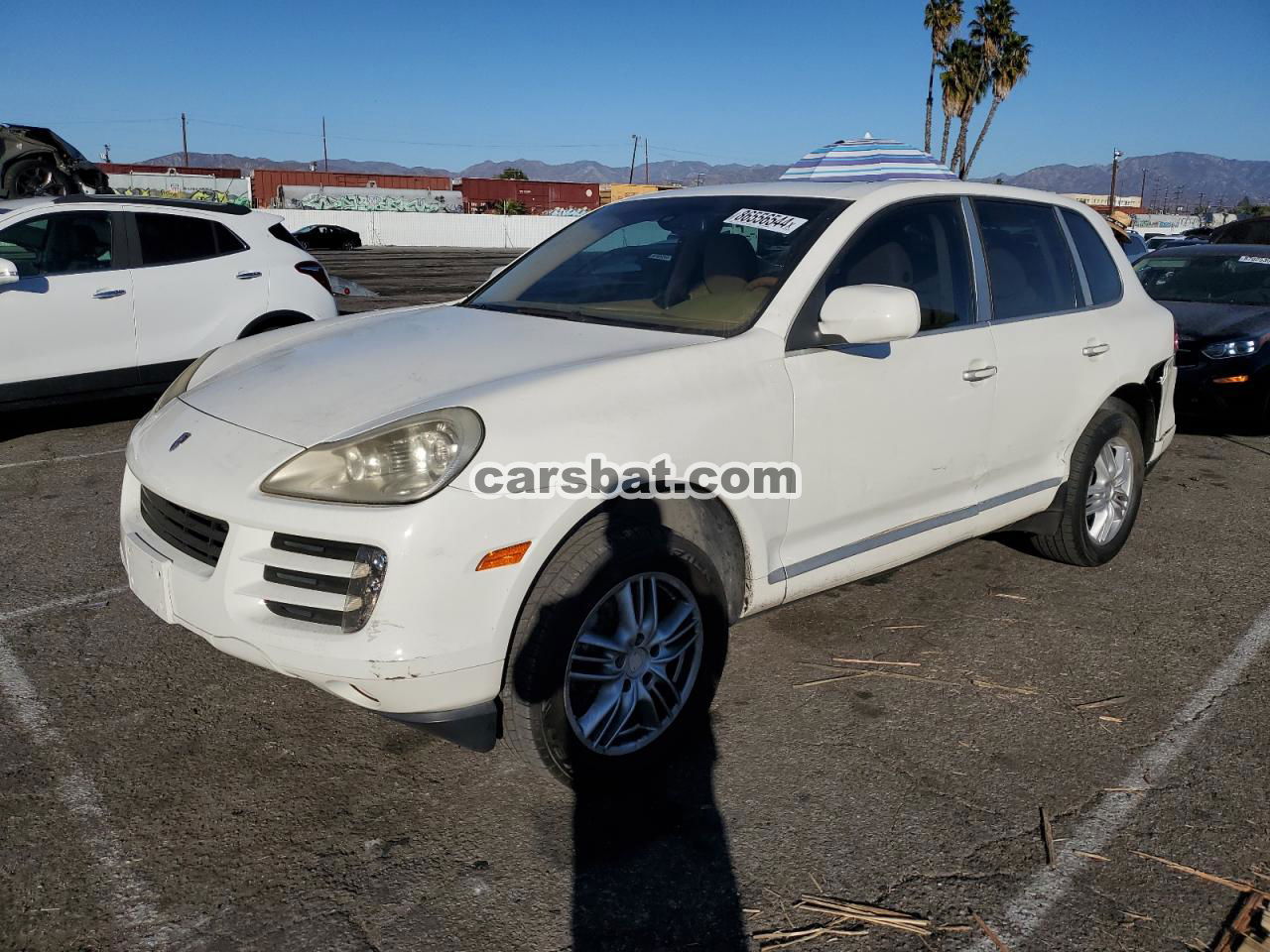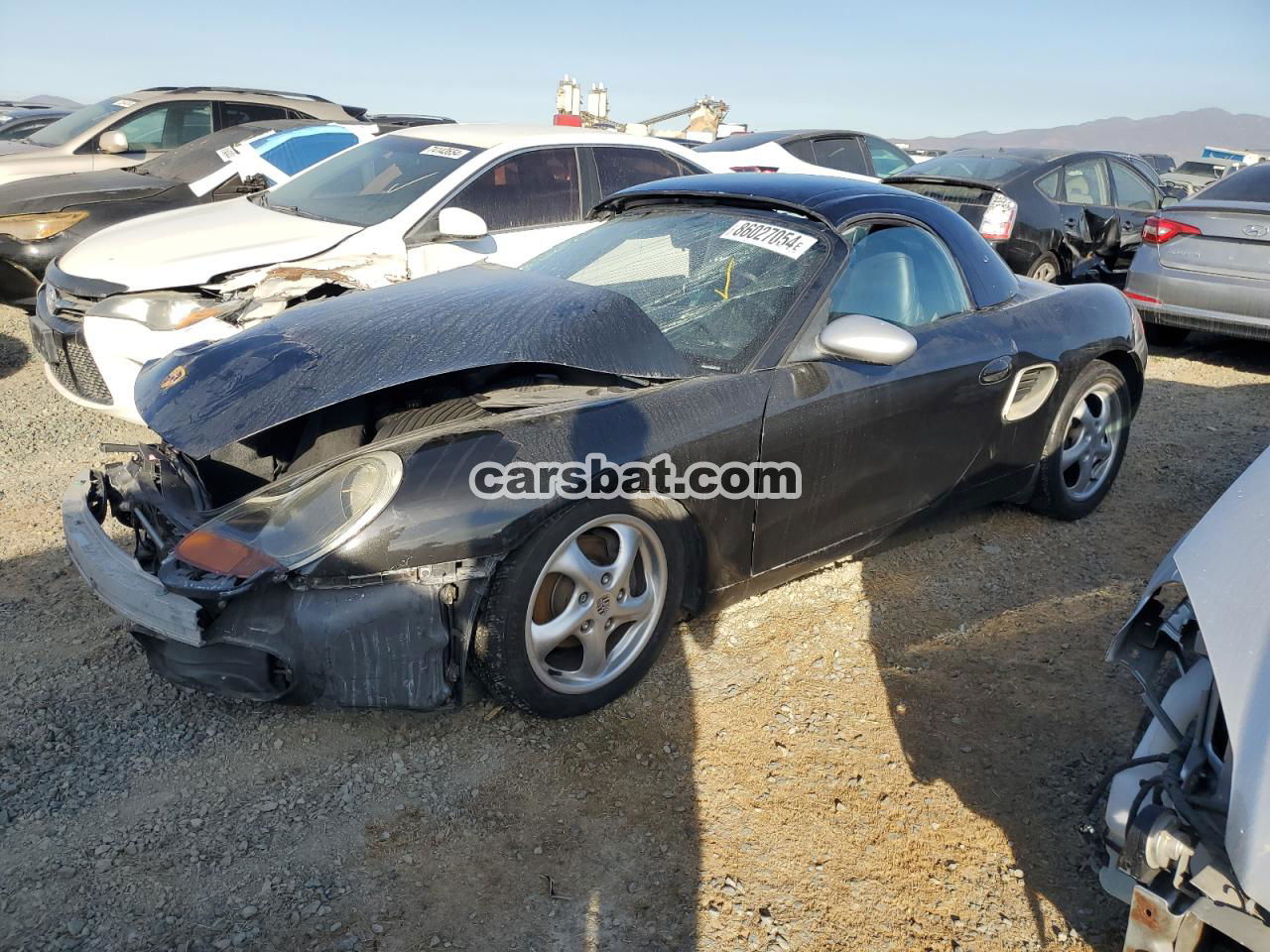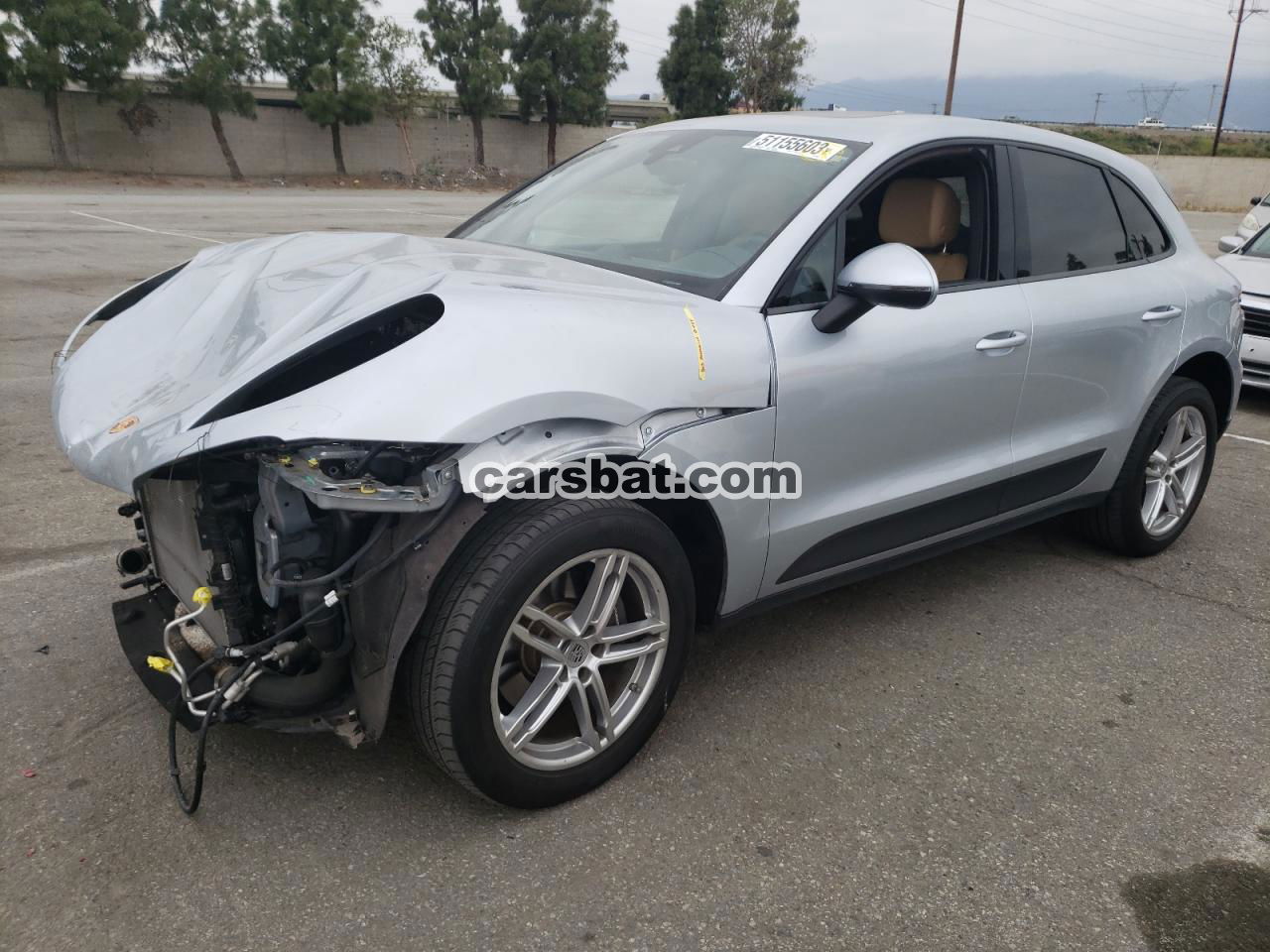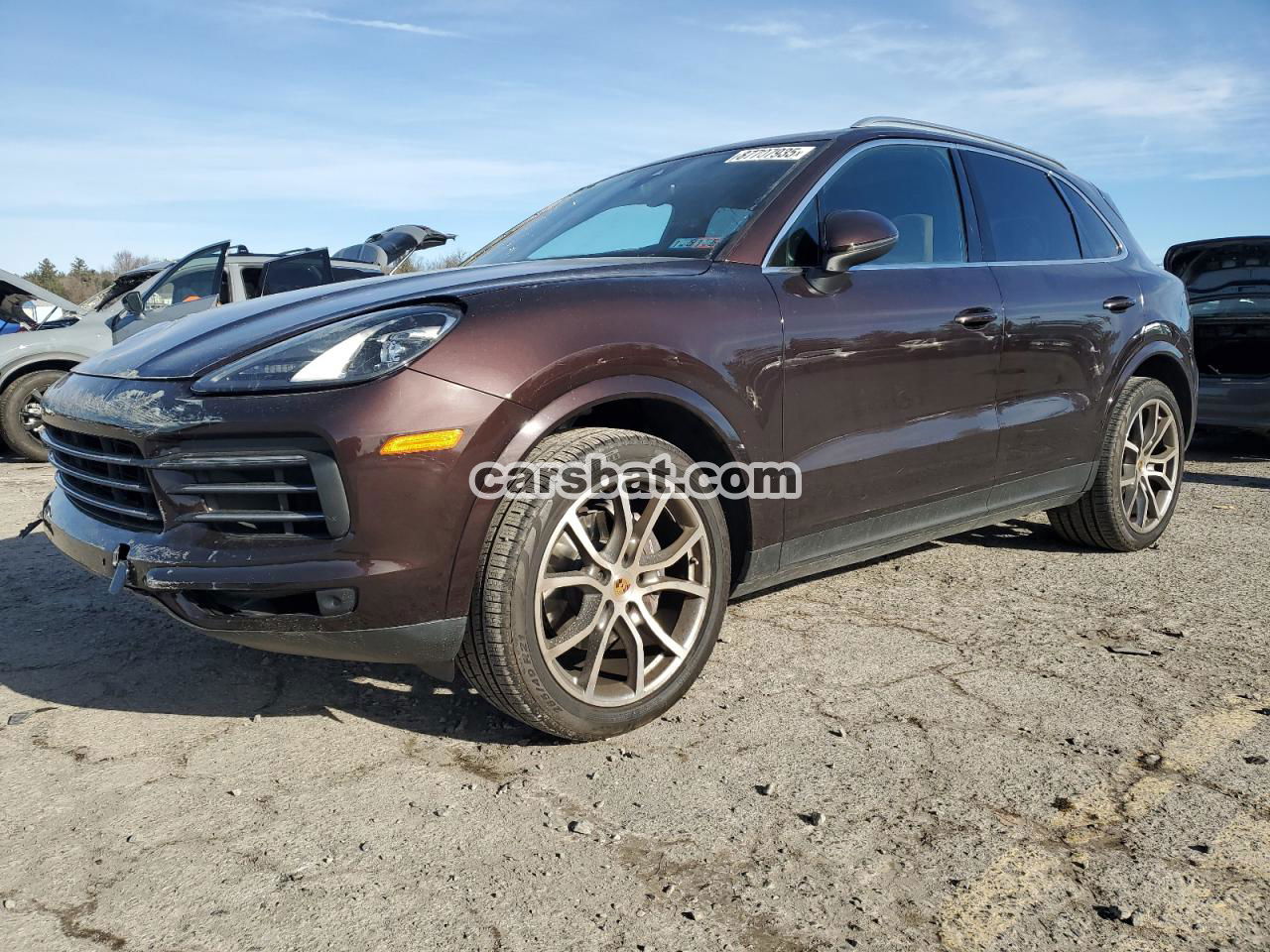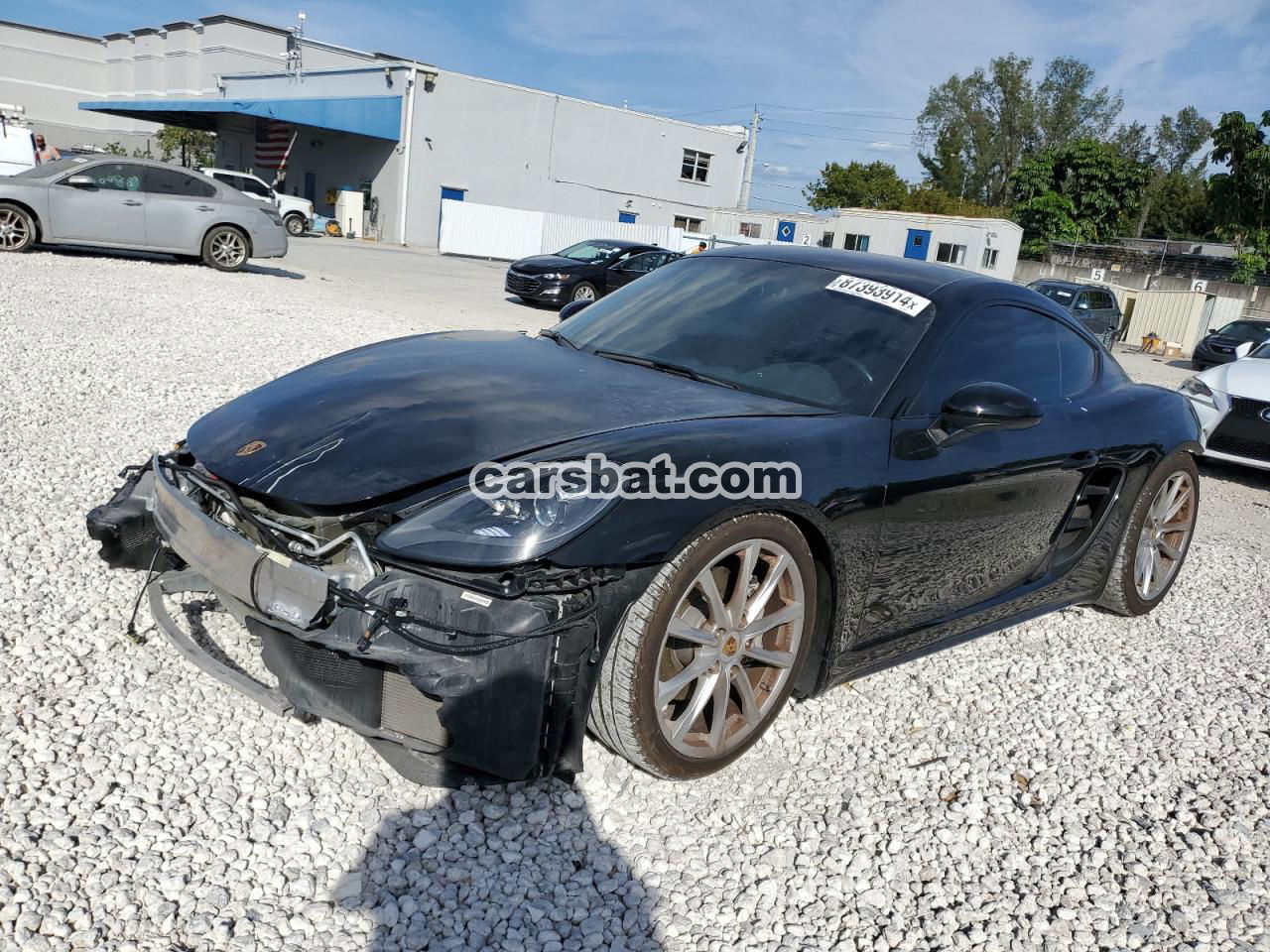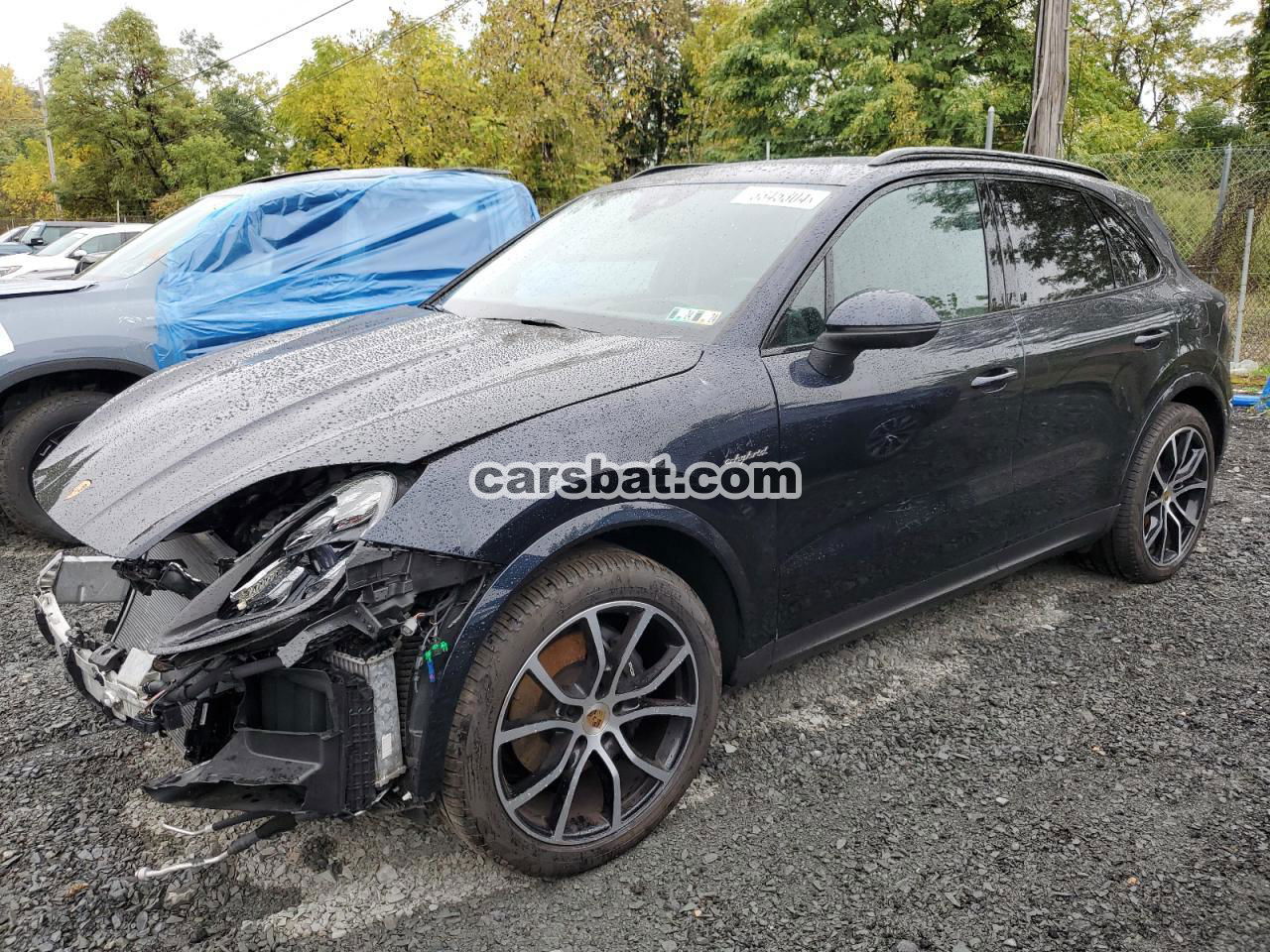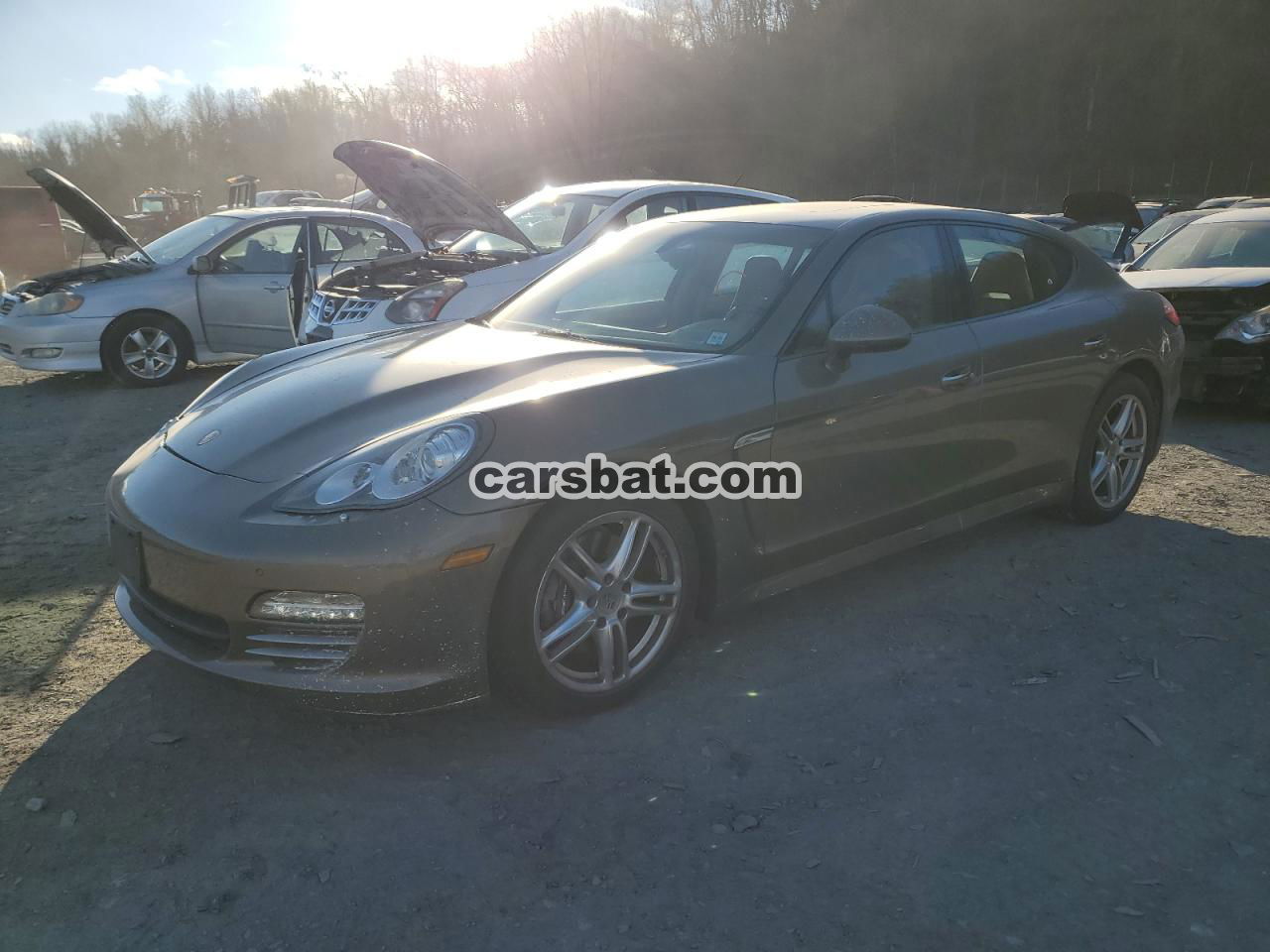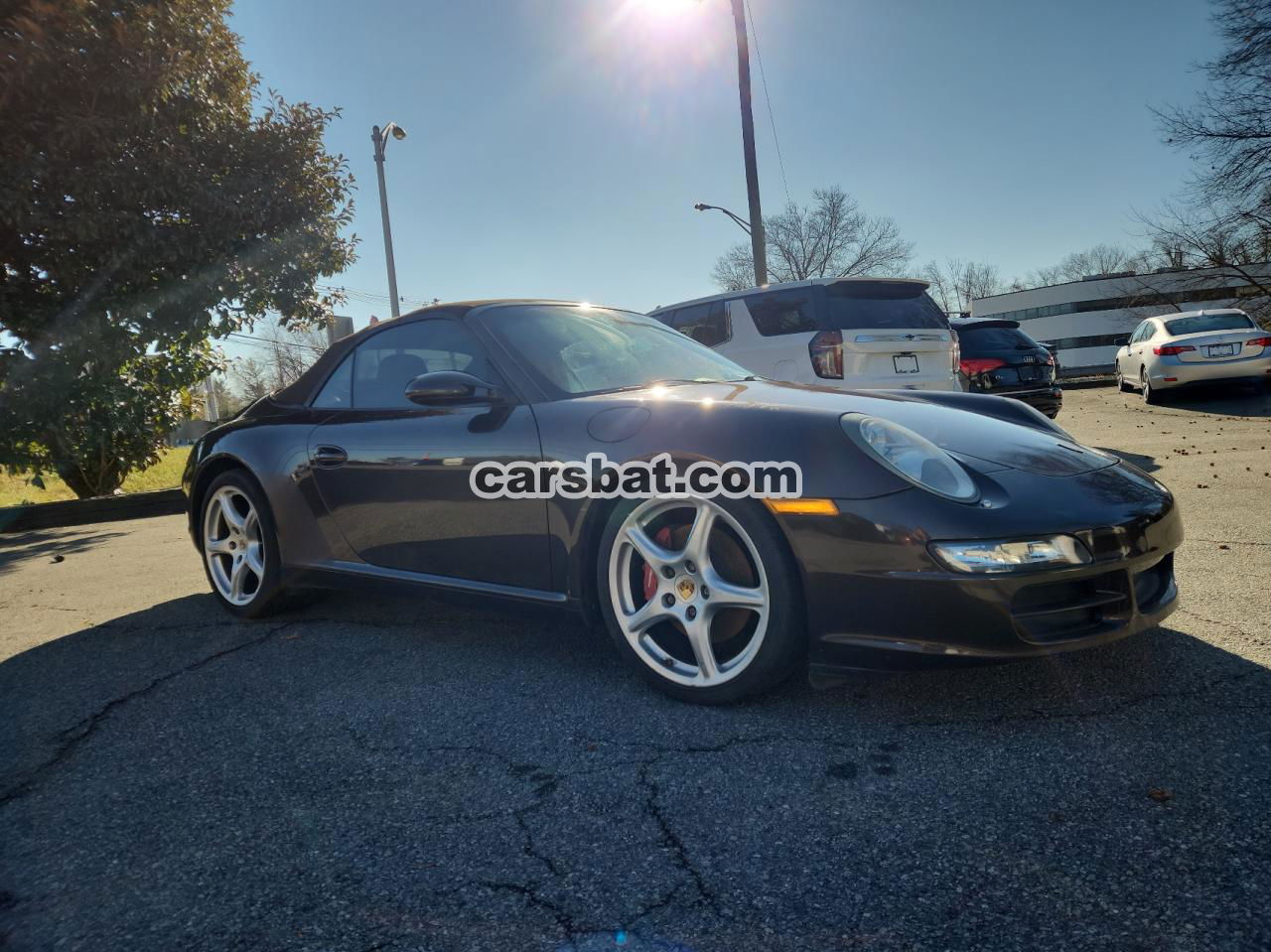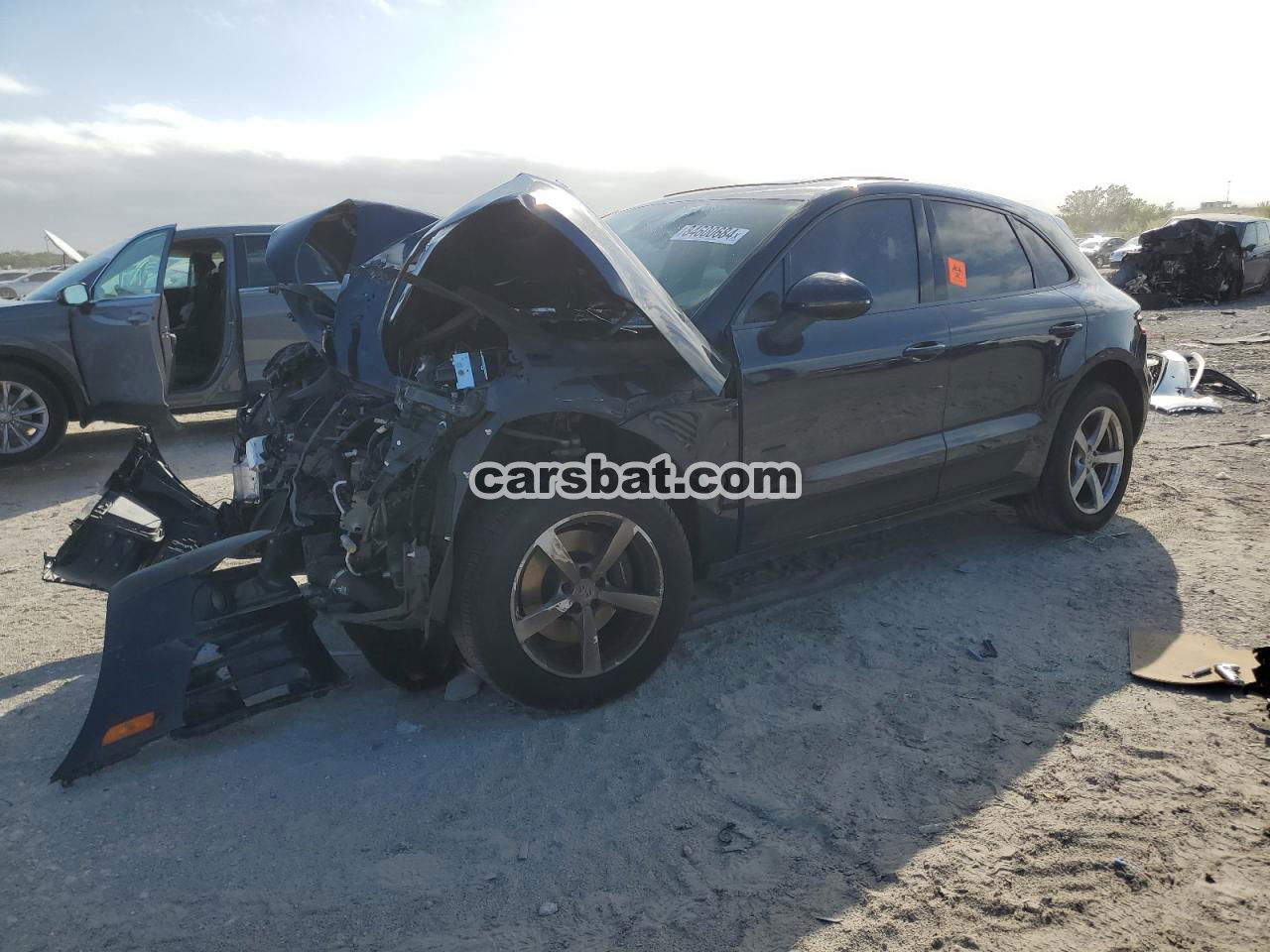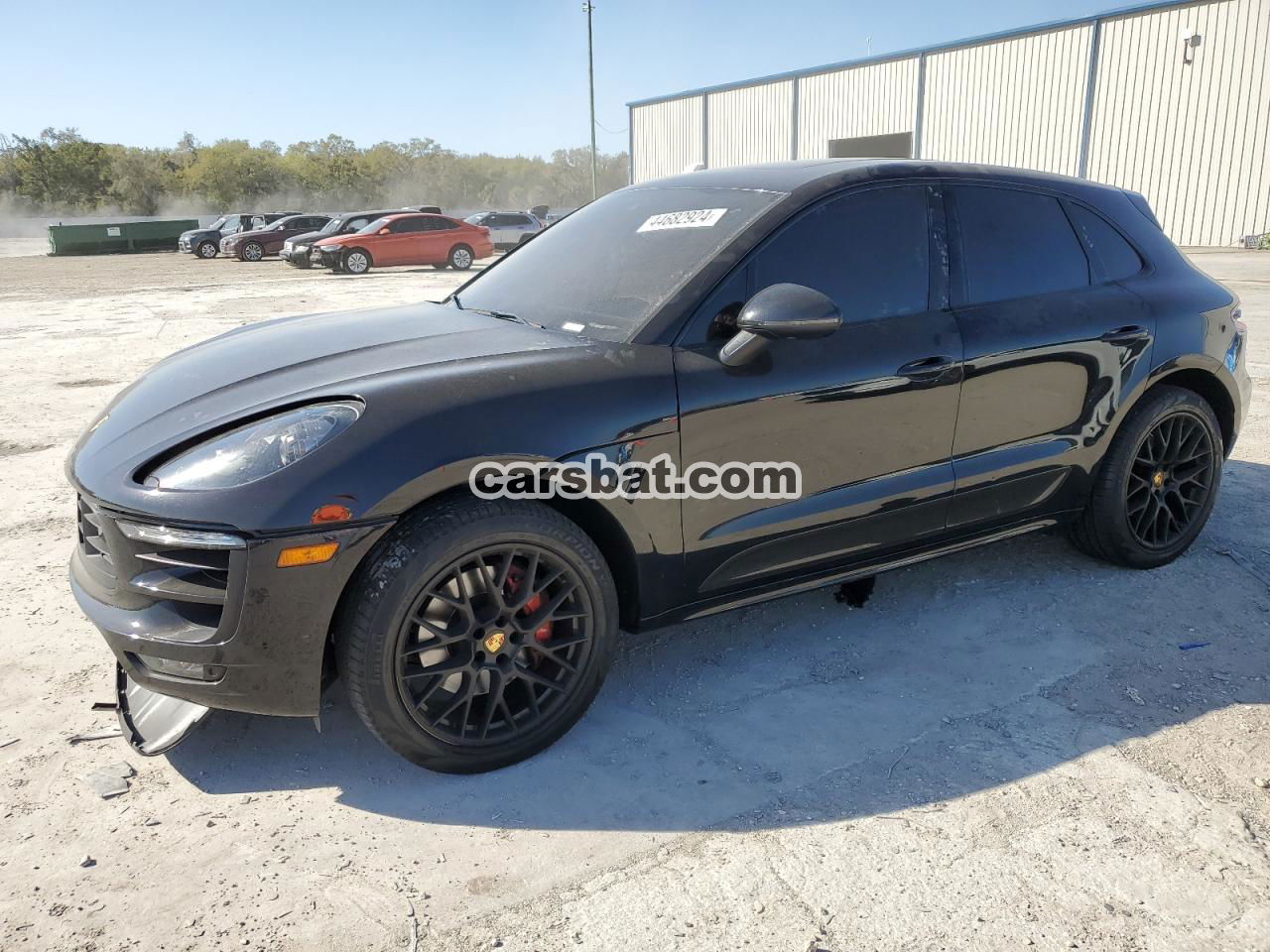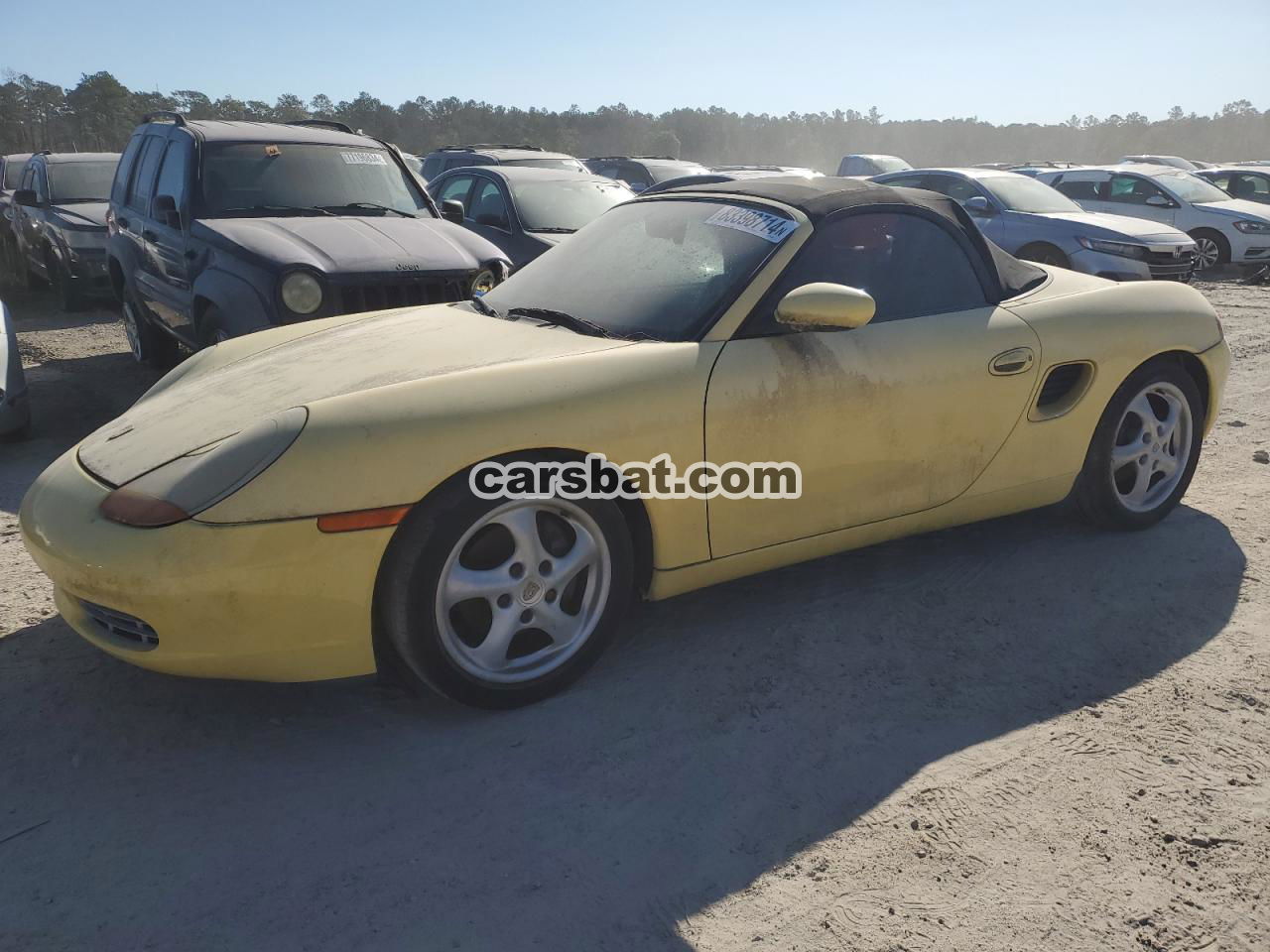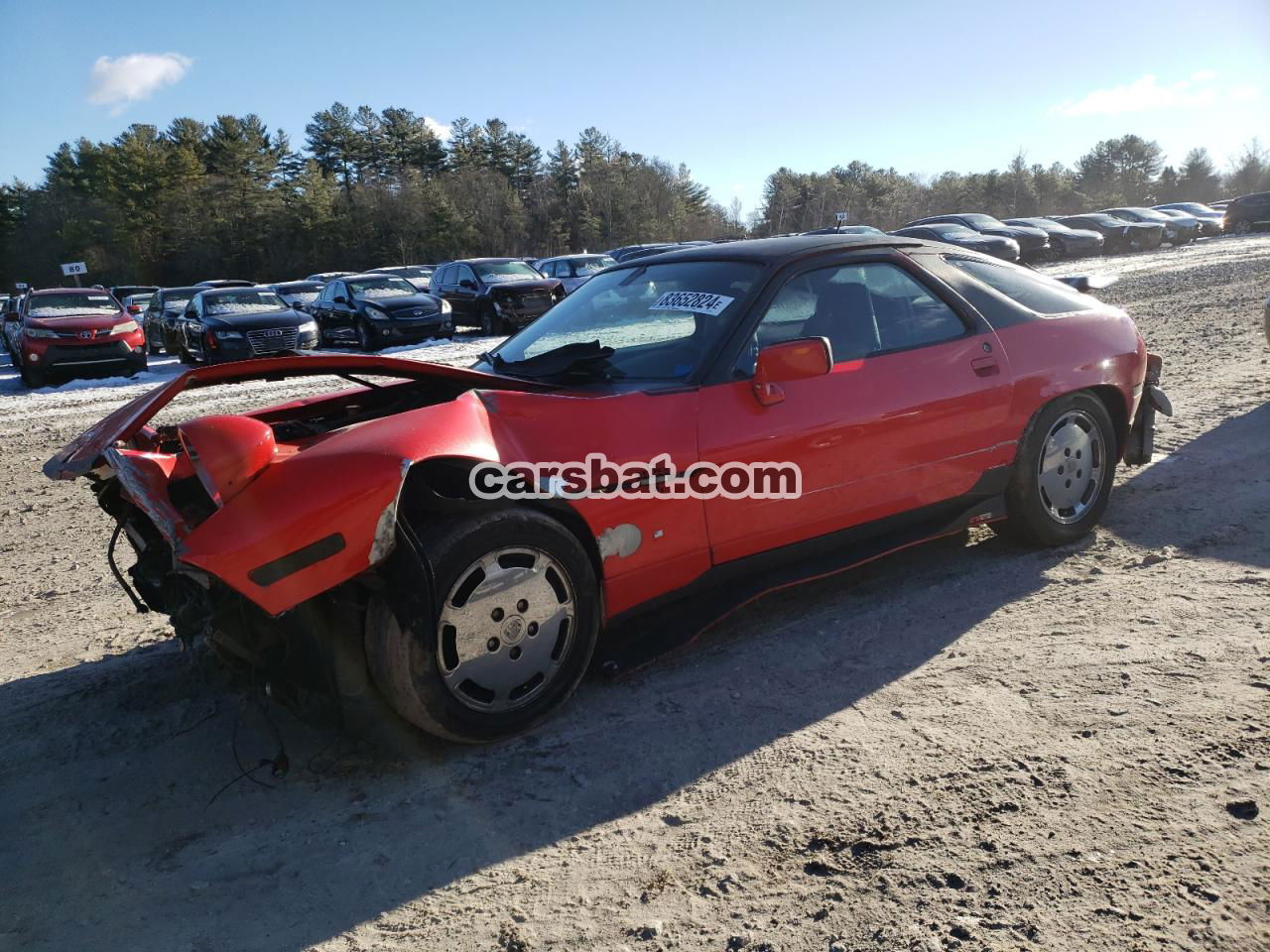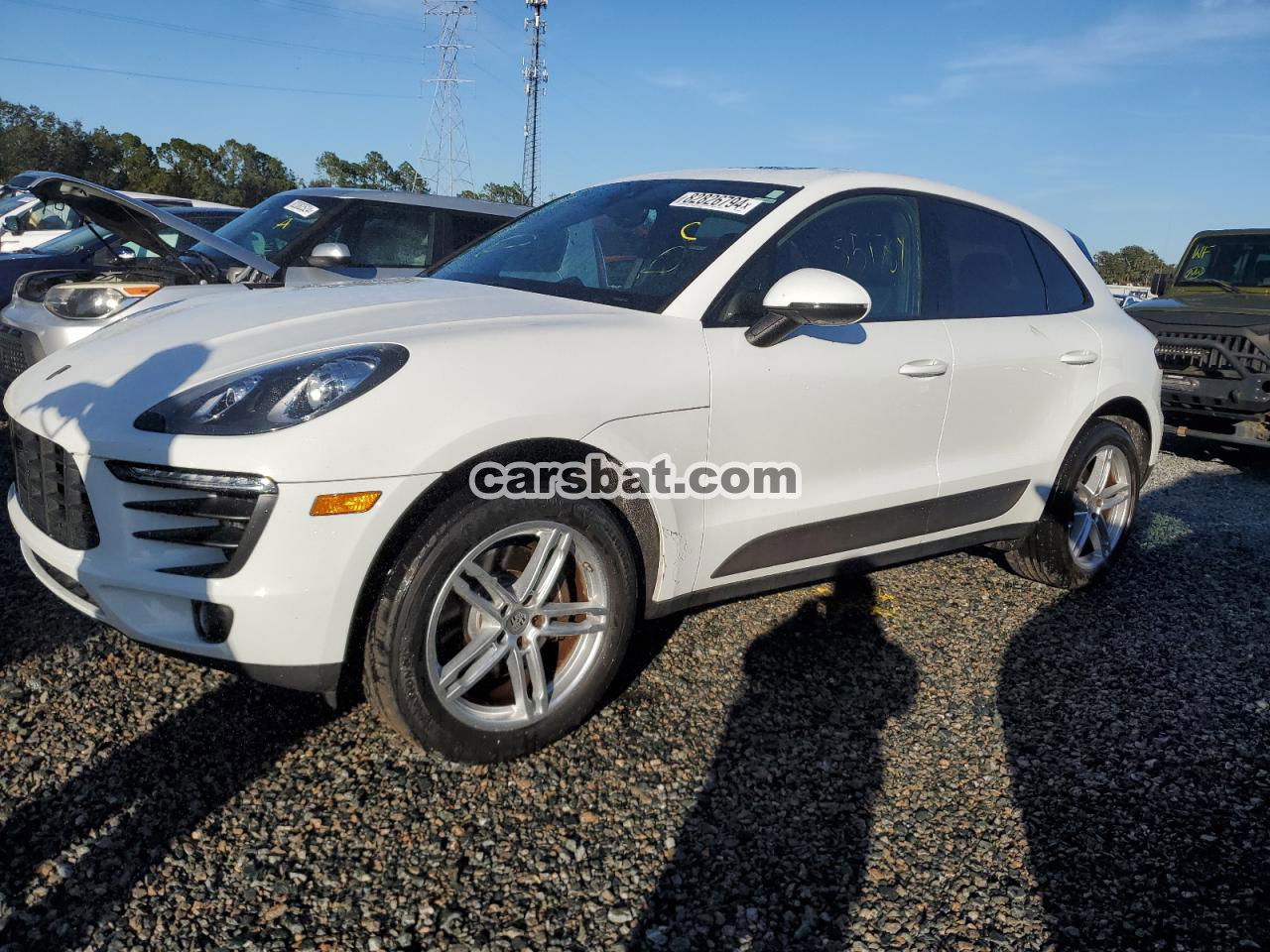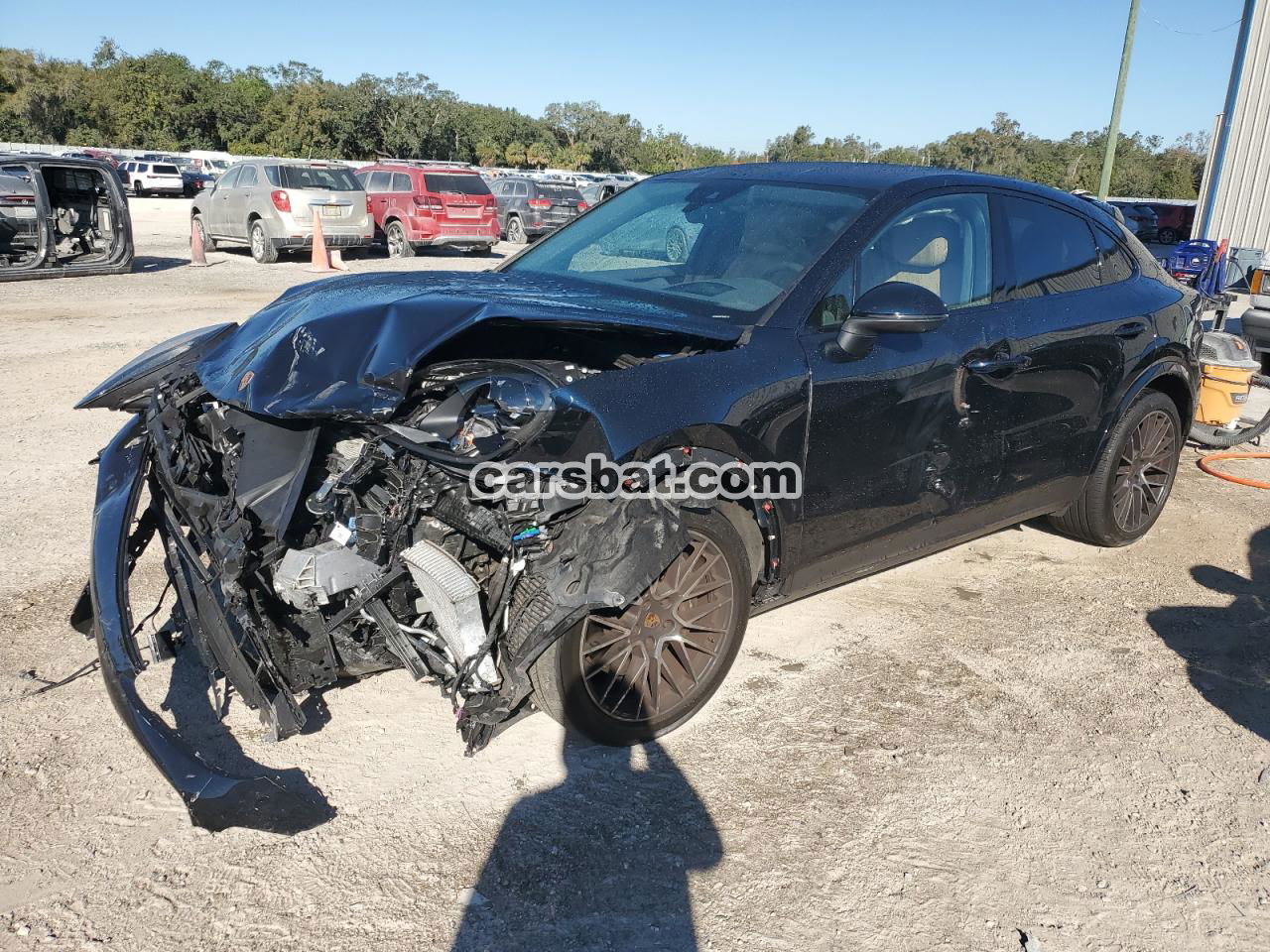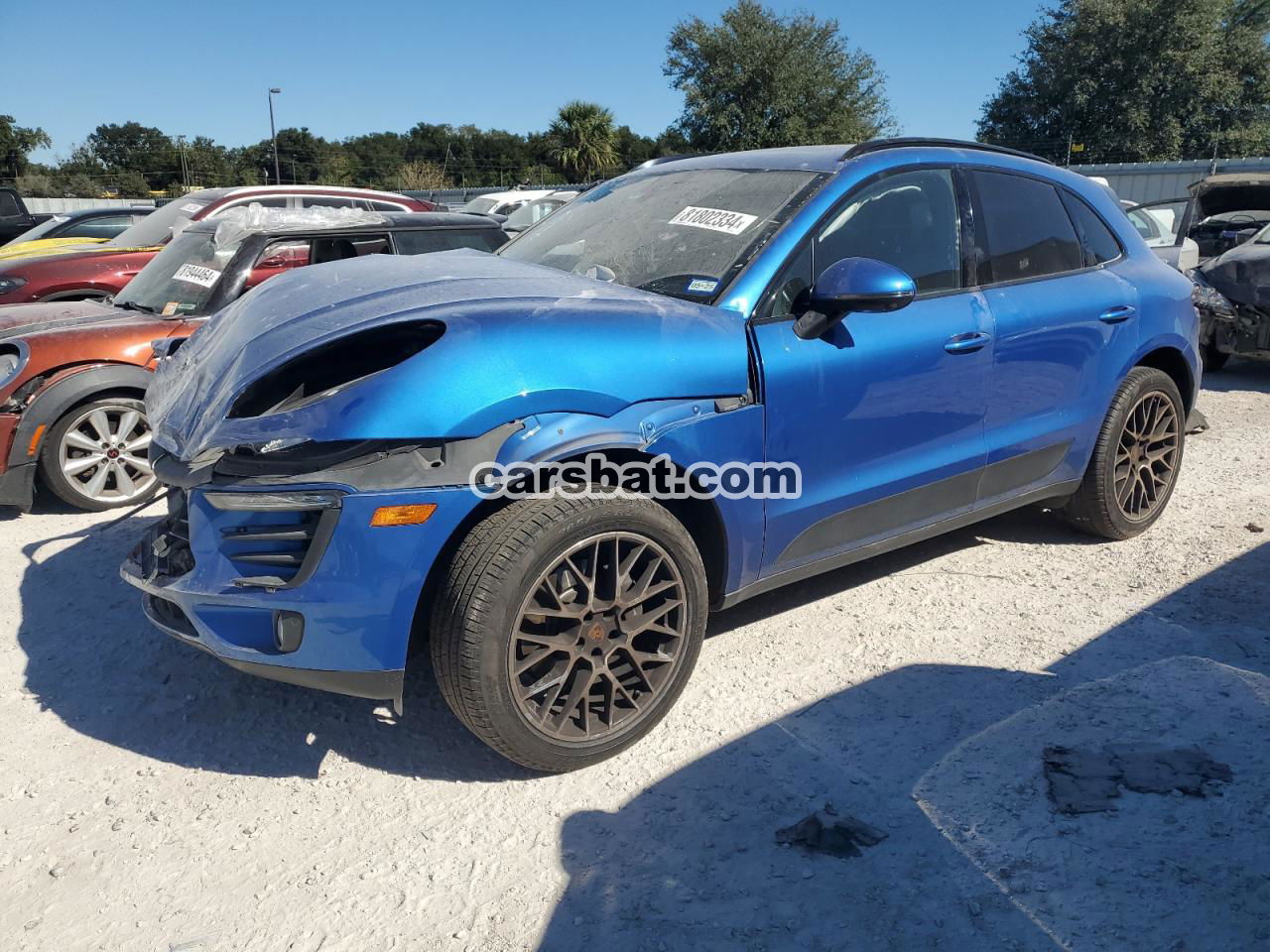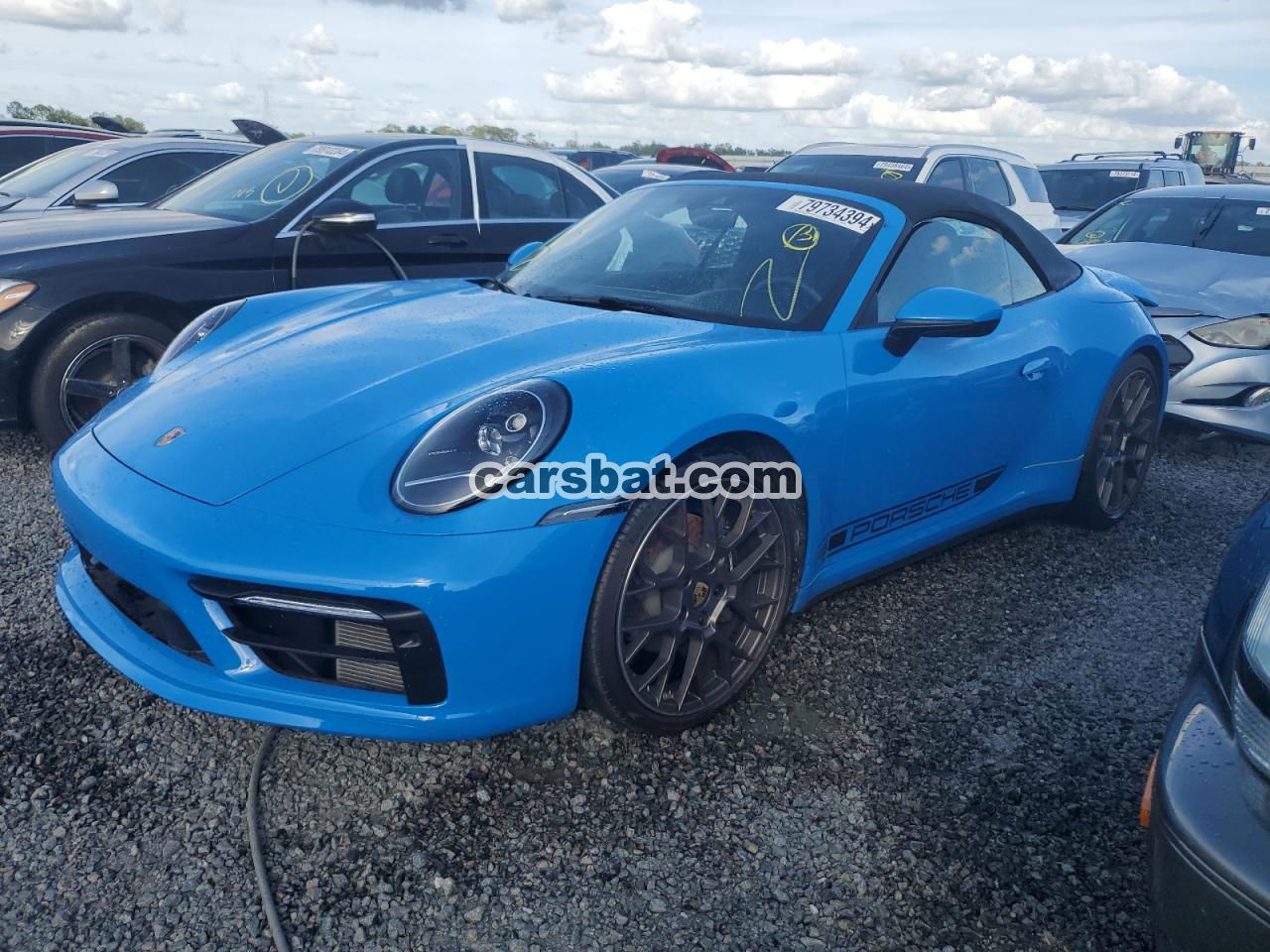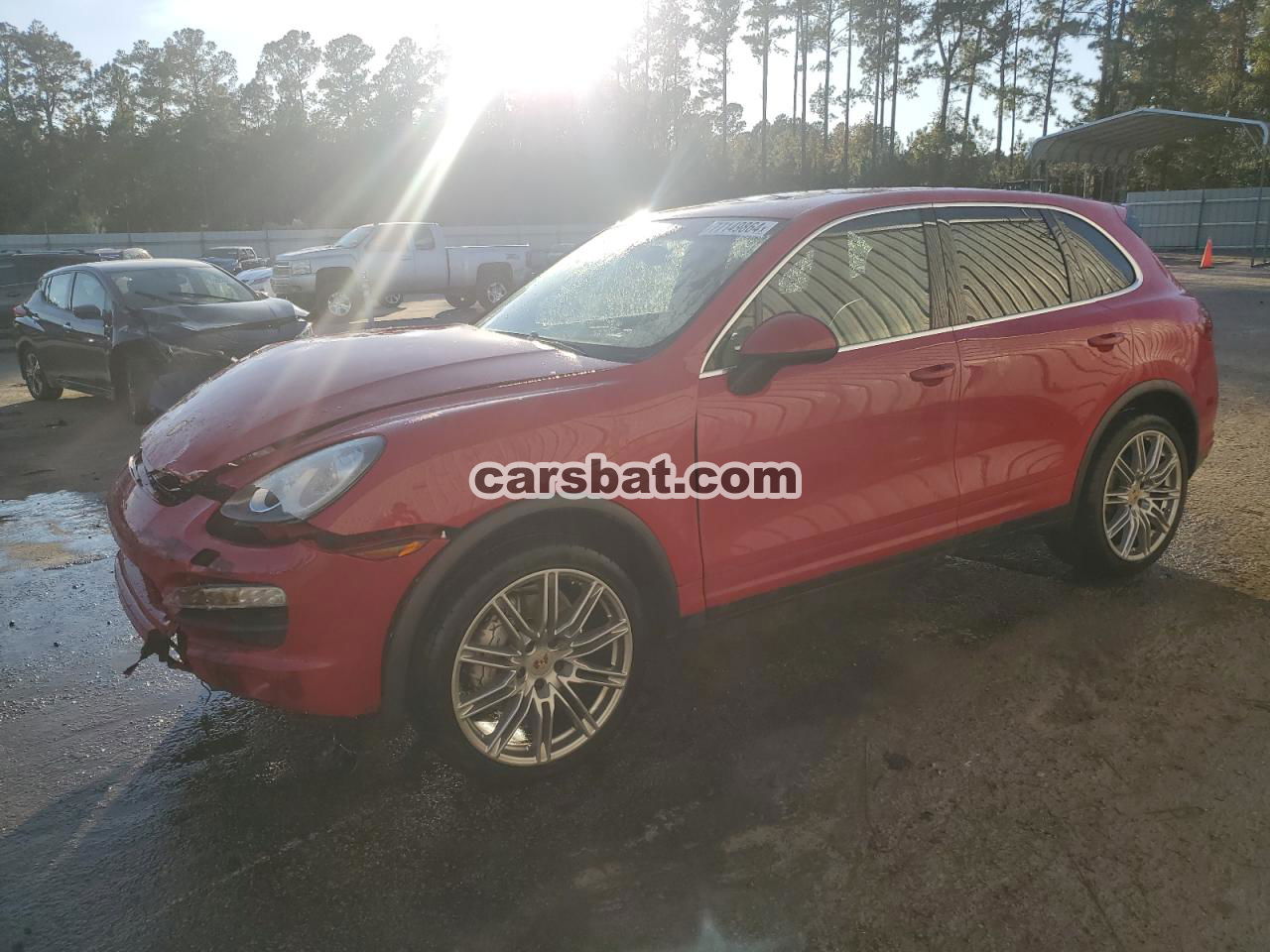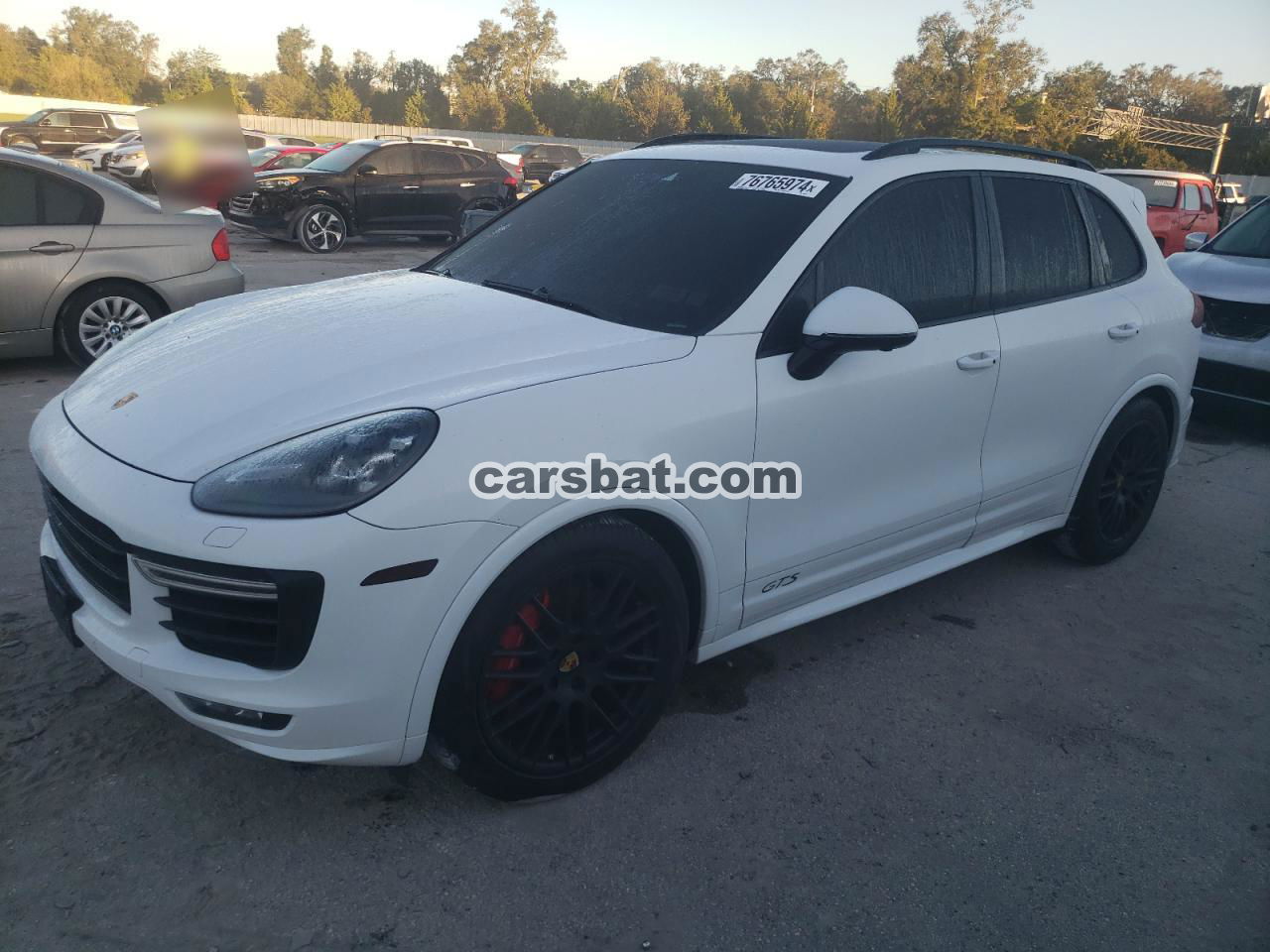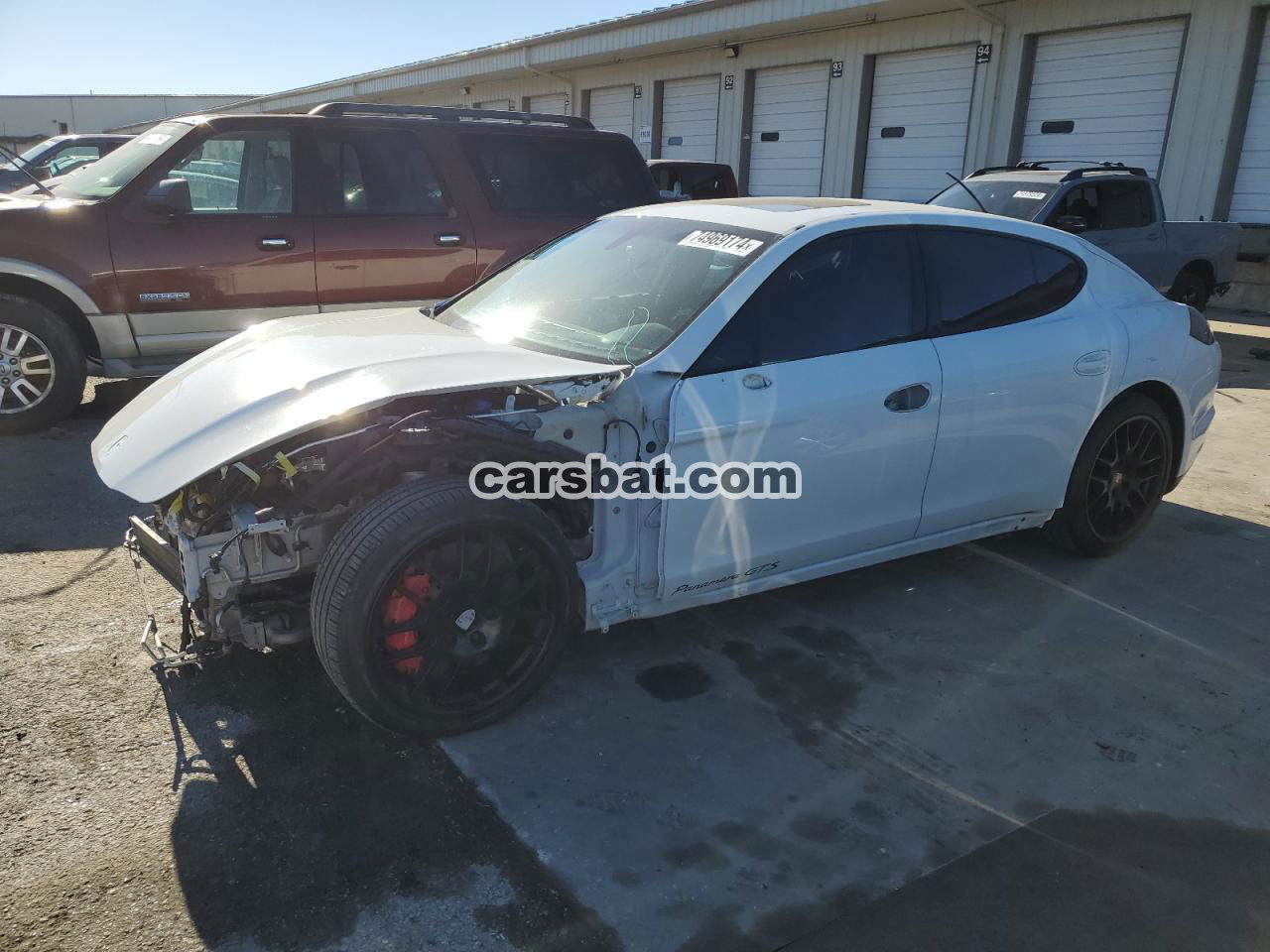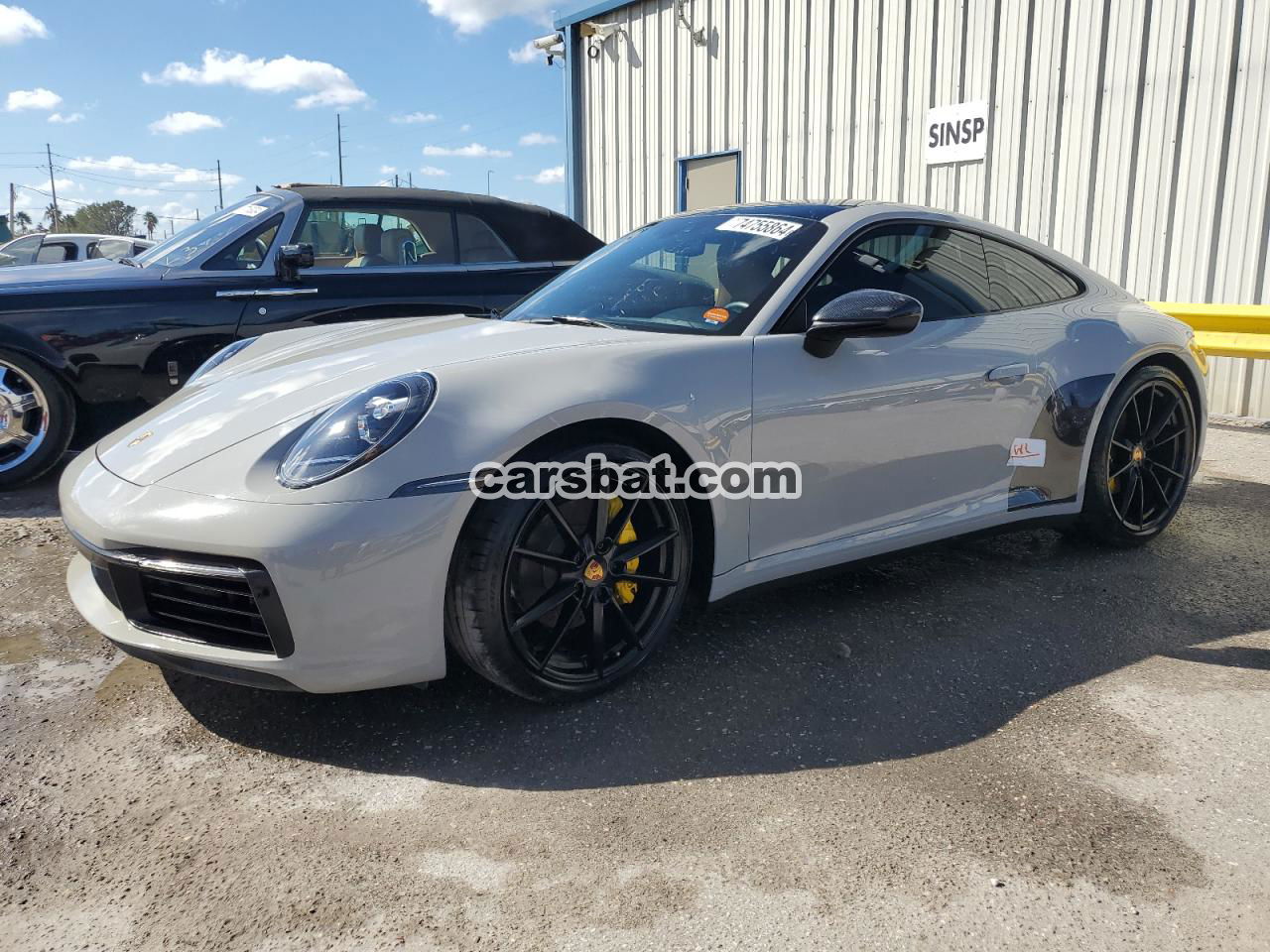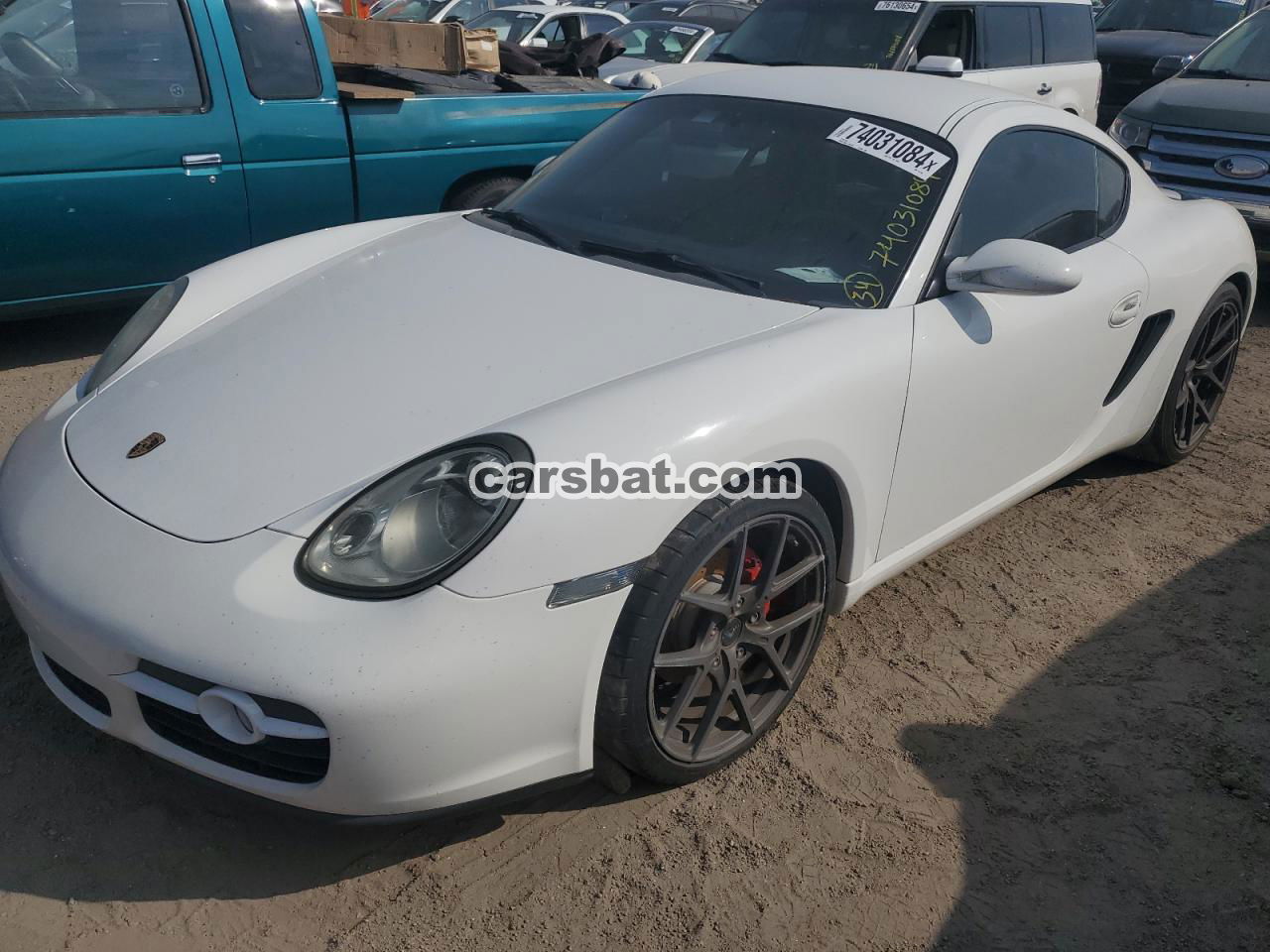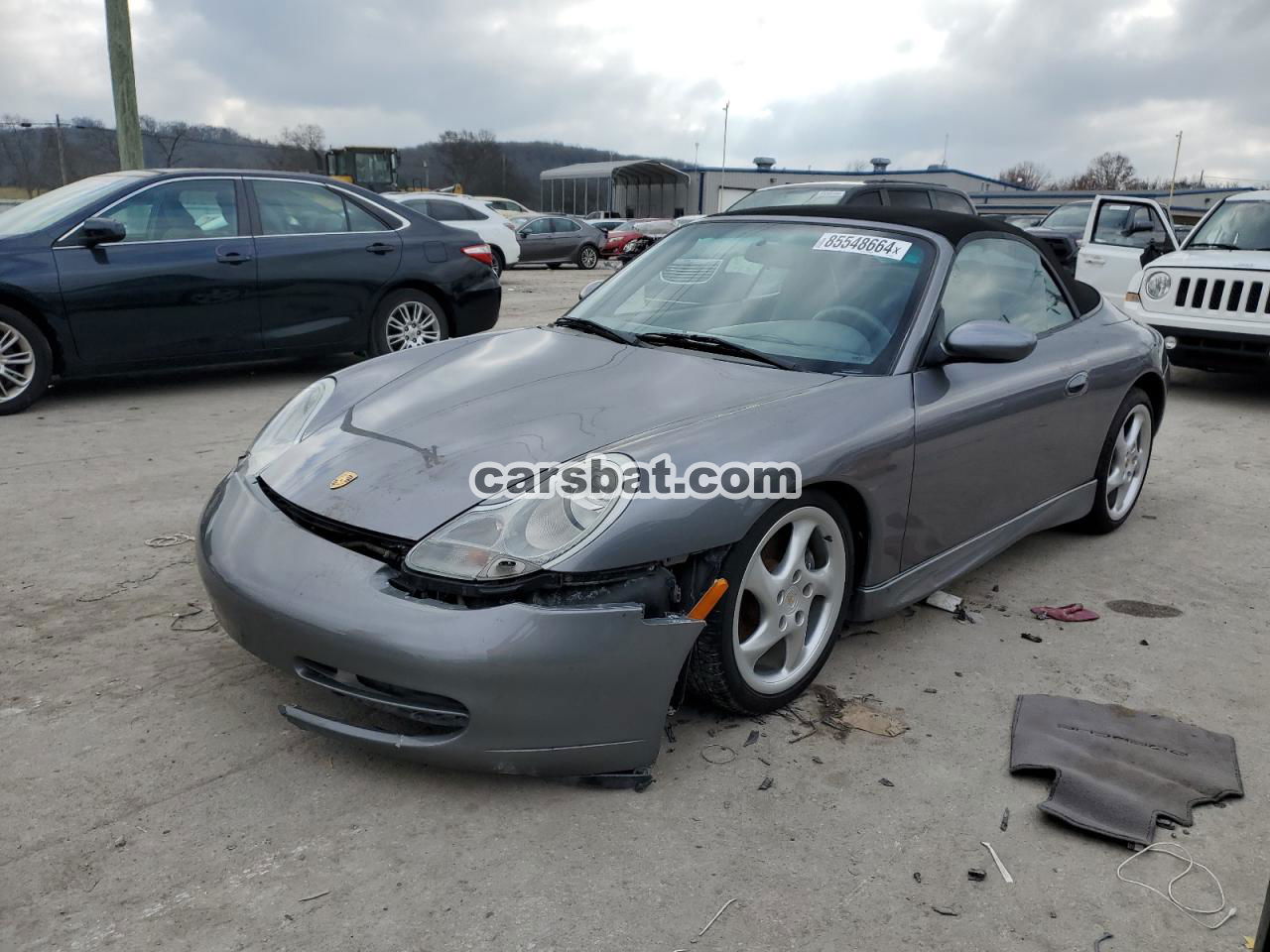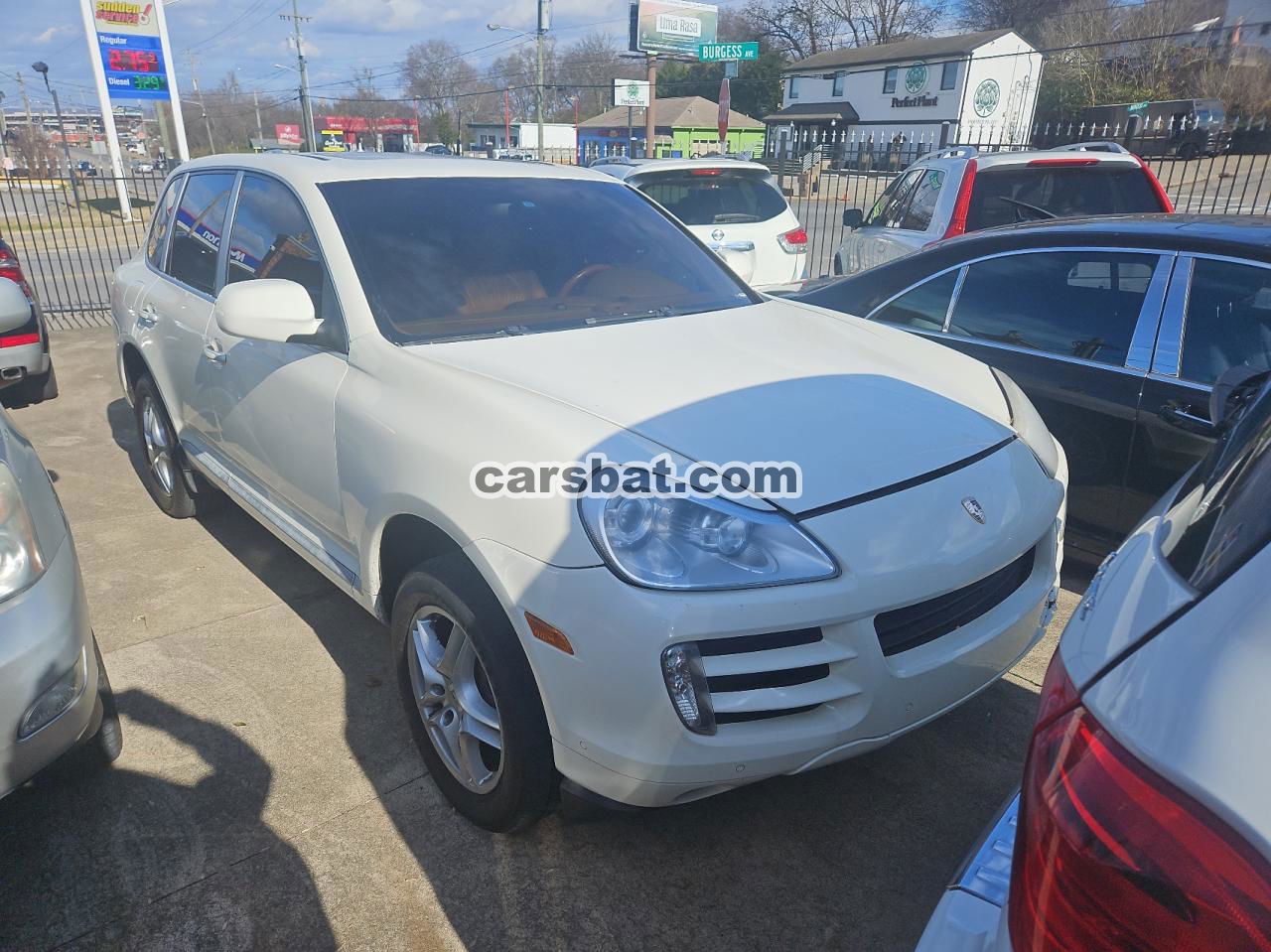
Catalog / Porsche
Porsche: Engineering Excellence and Timeless Design in the World of High-Performance Cars
Porsche, a name synonymous with high-performance sports cars, luxury, and engineering excellence, has a rich history that spans over 90 years. Founded in 1931 by Ferdinand Porsche, the company initially operated as a motor vehicle development and consulting firm. It wasn't until 1939 that Porsche designed and built its first car, the Porsche 64, which laid the foundation for future Porsche vehicles.
The true birth of Porsche as a sports car manufacturer came in 1948 with the introduction of the Porsche 356. This rear-engined sports car, designed by Ferdinand's son Ferry Porsche, established many of the brand's hallmarks: lightweight construction, aerodynamic design, and rear-engine layout. The 356 was a commercial success and set the stage for Porsche's future as a sports car manufacturer.
In 1963, Porsche unveiled what would become its most iconic model: the 911. Designed by Ferdinand Alexander Porsche, the founder's grandson, the 911 featured a rear-mounted six-cylinder boxer engine and a distinctive fastback silhouette. This model has been in continuous production since its introduction, evolving through various generations while maintaining its core design philosophy.
Throughout the 1970s and 1980s, Porsche continued to innovate. The 924, introduced in 1976, was the company's first front-engined car. The 928, launched in 1978, was a grand tourer initially intended to replace the 911. Despite these diversifications, the 911 remained the core of Porsche's lineup.
Porsche's racing heritage is an integral part of its identity. The brand has achieved remarkable success in motorsports, with numerous victories in prestigious events like the 24 Hours of Le Mans, the Dakar Rally, and Formula One. Models like the 917, 956, and 962 became legends on the racetrack, while technologies developed for racing often found their way into Porsche's road cars.
The 1990s and 2000s saw Porsche expanding its range to adapt to changing market demands. The Boxster, introduced in 1996, brought a more affordable mid-engined sports car to the lineup. In 2002, Porsche made a controversial but ultimately successful move into the SUV market with the Cayenne. This was followed by the four-door Panamera in 2009, further broadening Porsche's appeal.
In recent years, Porsche has embraced electrification. The 918 Spyder, produced from 2013 to 2015, was a hybrid hypercar that showcased Porsche's ability to combine high performance with advanced technology. In 2019, Porsche launched its first all-electric car, the Taycan, demonstrating the brand's commitment to sustainable mobility without compromising on performance.
Today, Porsche continues to be at the forefront of automotive technology and design. The company's lineup includes a diverse range of vehicles, from the iconic 911 and its variants to SUVs like the Macan and Cayenne, and the all-electric Taycan. Despite this diversification, Porsche has maintained its reputation for building high-performance vehicles with exceptional handling and engineering.
Porsche's influence extends beyond its own vehicles. As part of the Volkswagen Group since 2012, Porsche's engineering expertise has been leveraged across multiple brands. The company's consulting arm, Porsche Engineering, continues the tradition started by Ferdinand Porsche, providing automotive engineering services to clients worldwide.
From its humble beginnings to its current status as a global luxury and performance car brand, Porsche's journey is a testament to its commitment to innovation, performance, and timeless design. As the automotive industry moves towards electrification and autonomous driving, Porsche is well-positioned to continue its legacy of producing some of the world's most desirable and capable vehicles.

